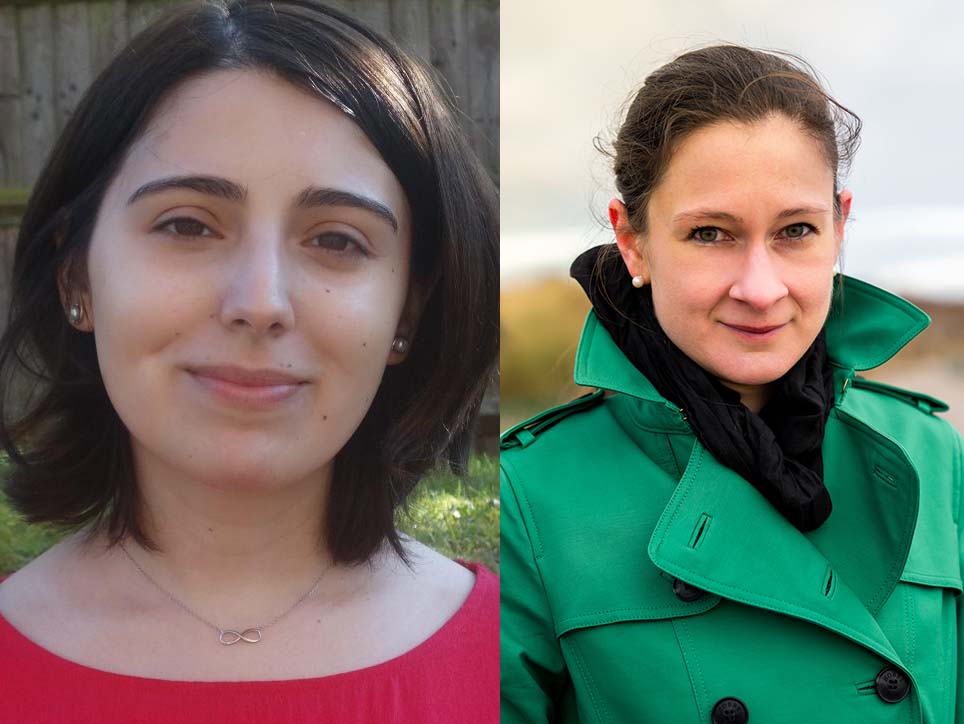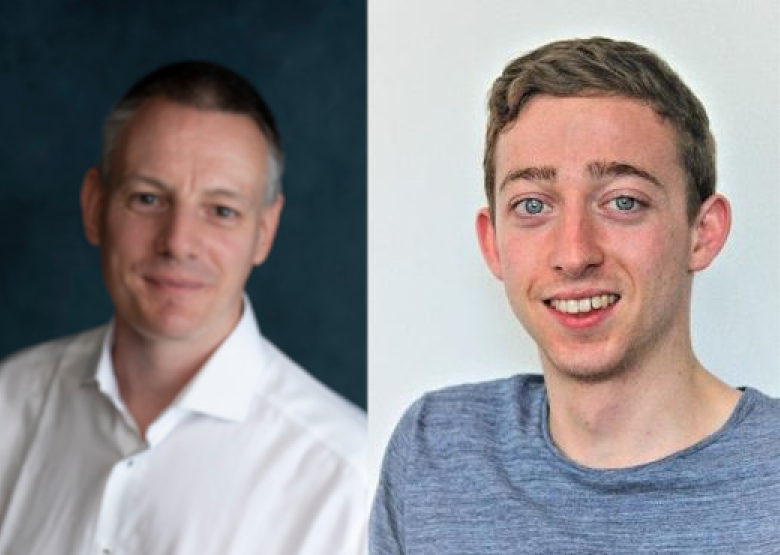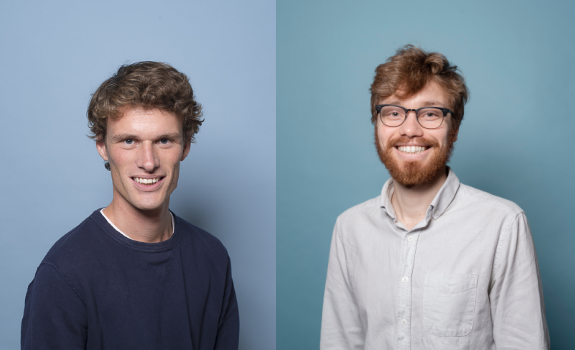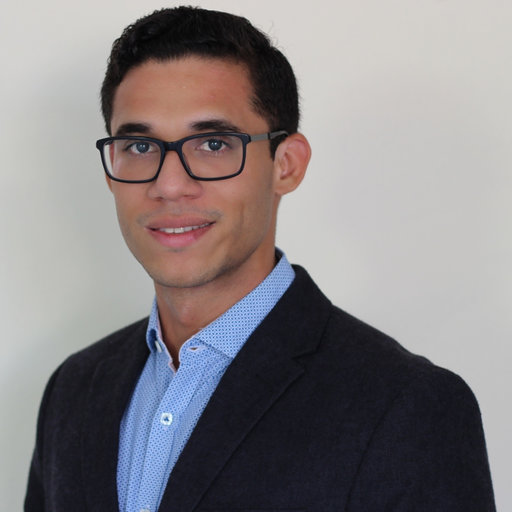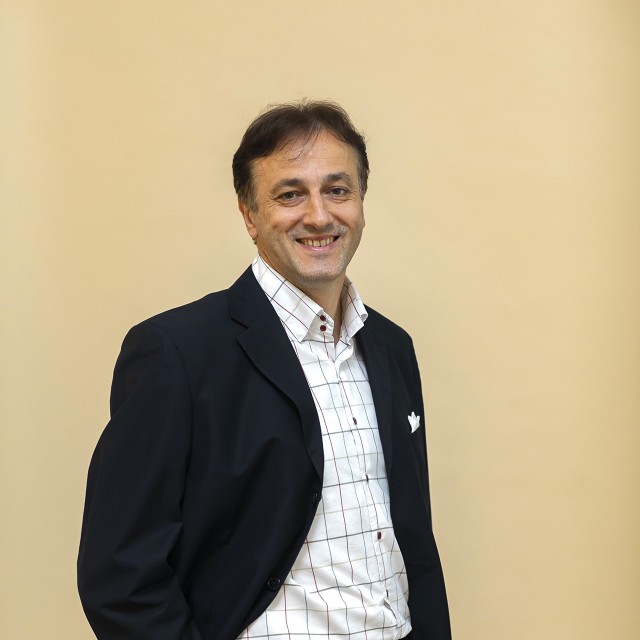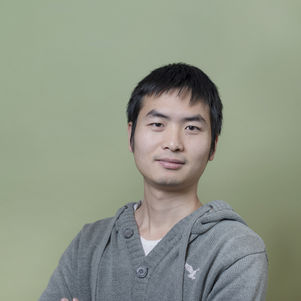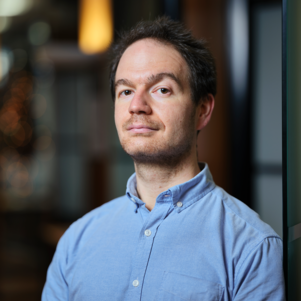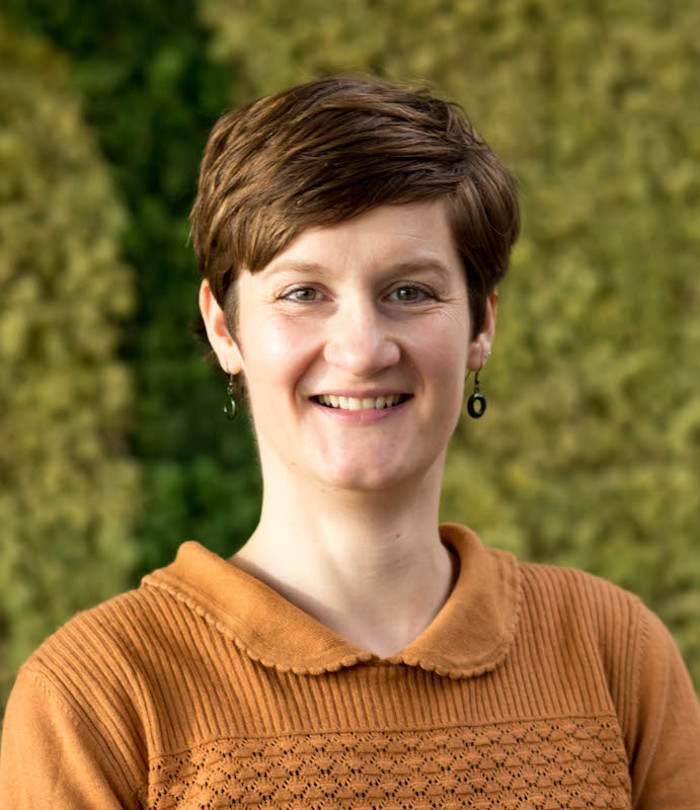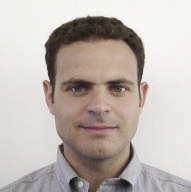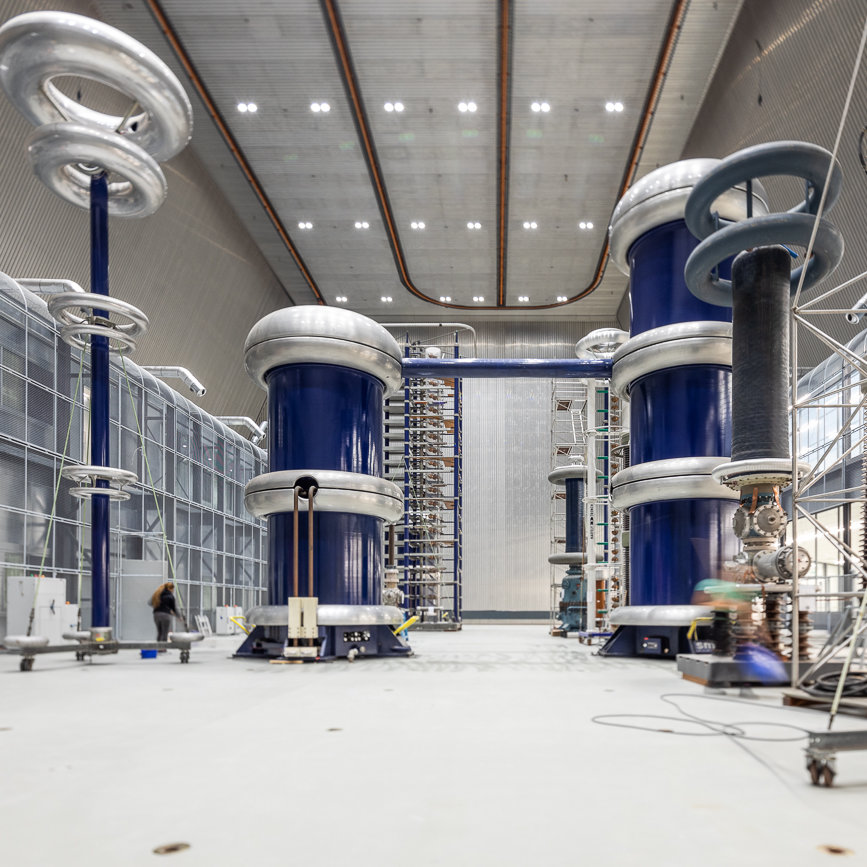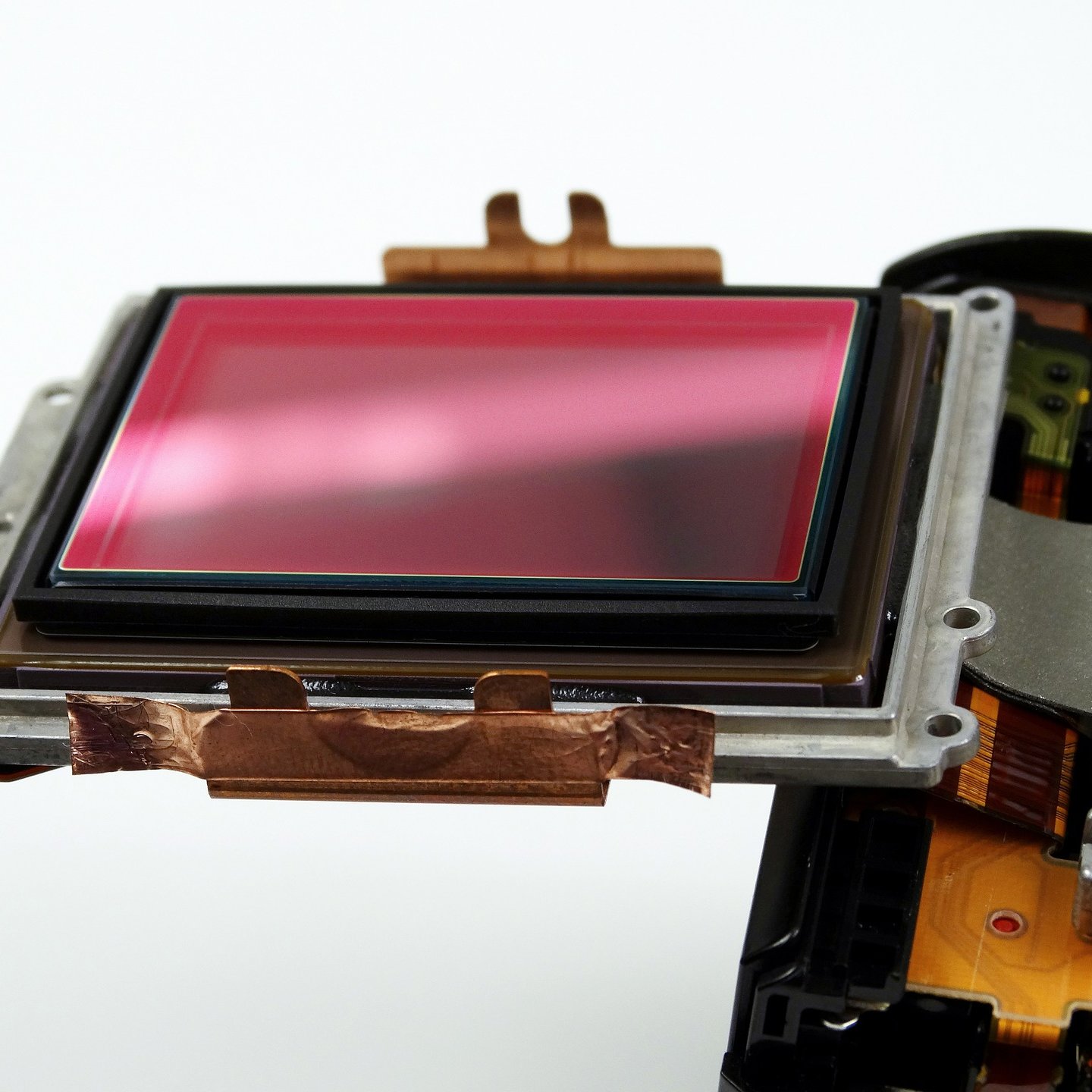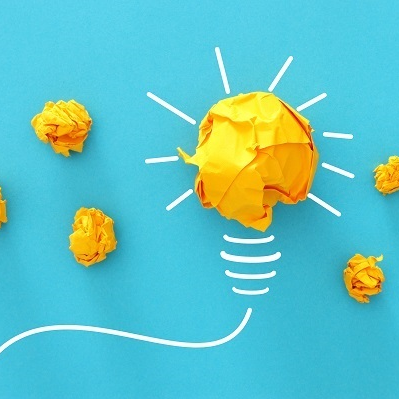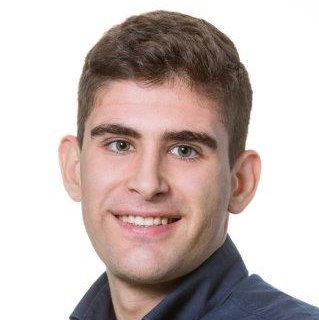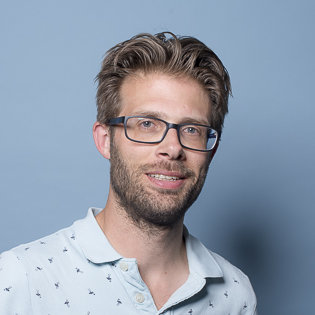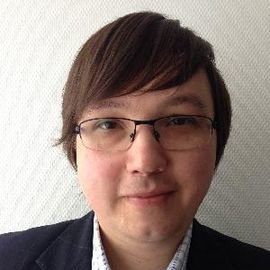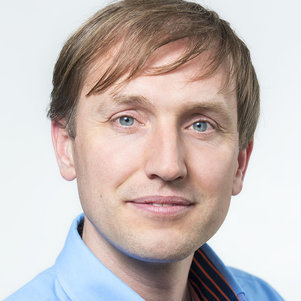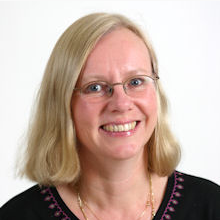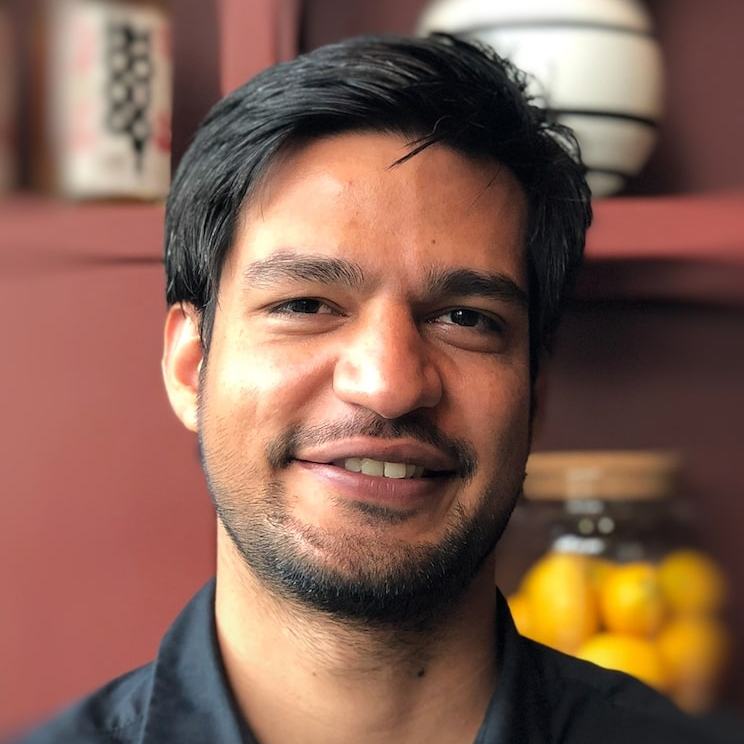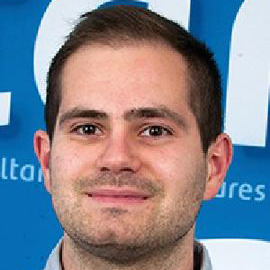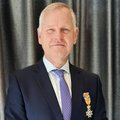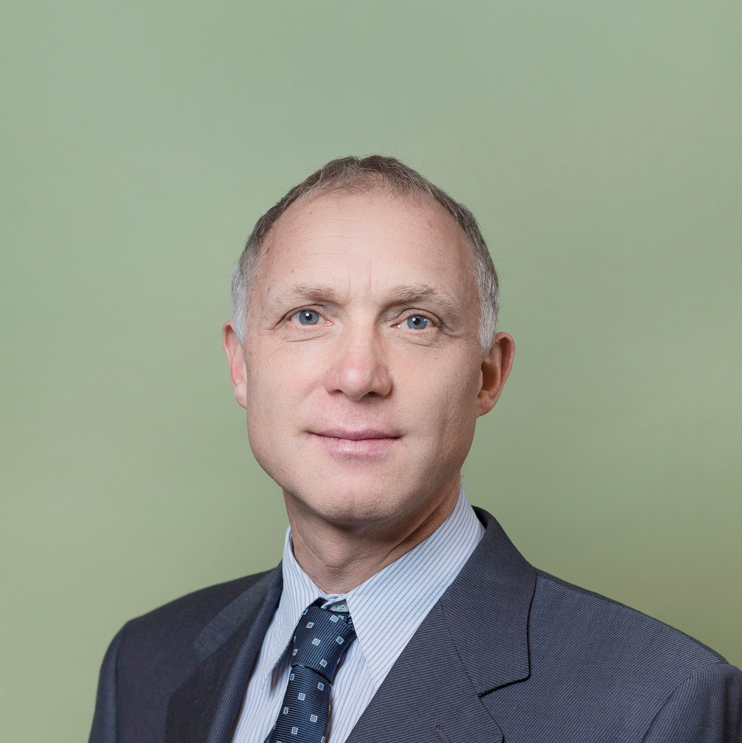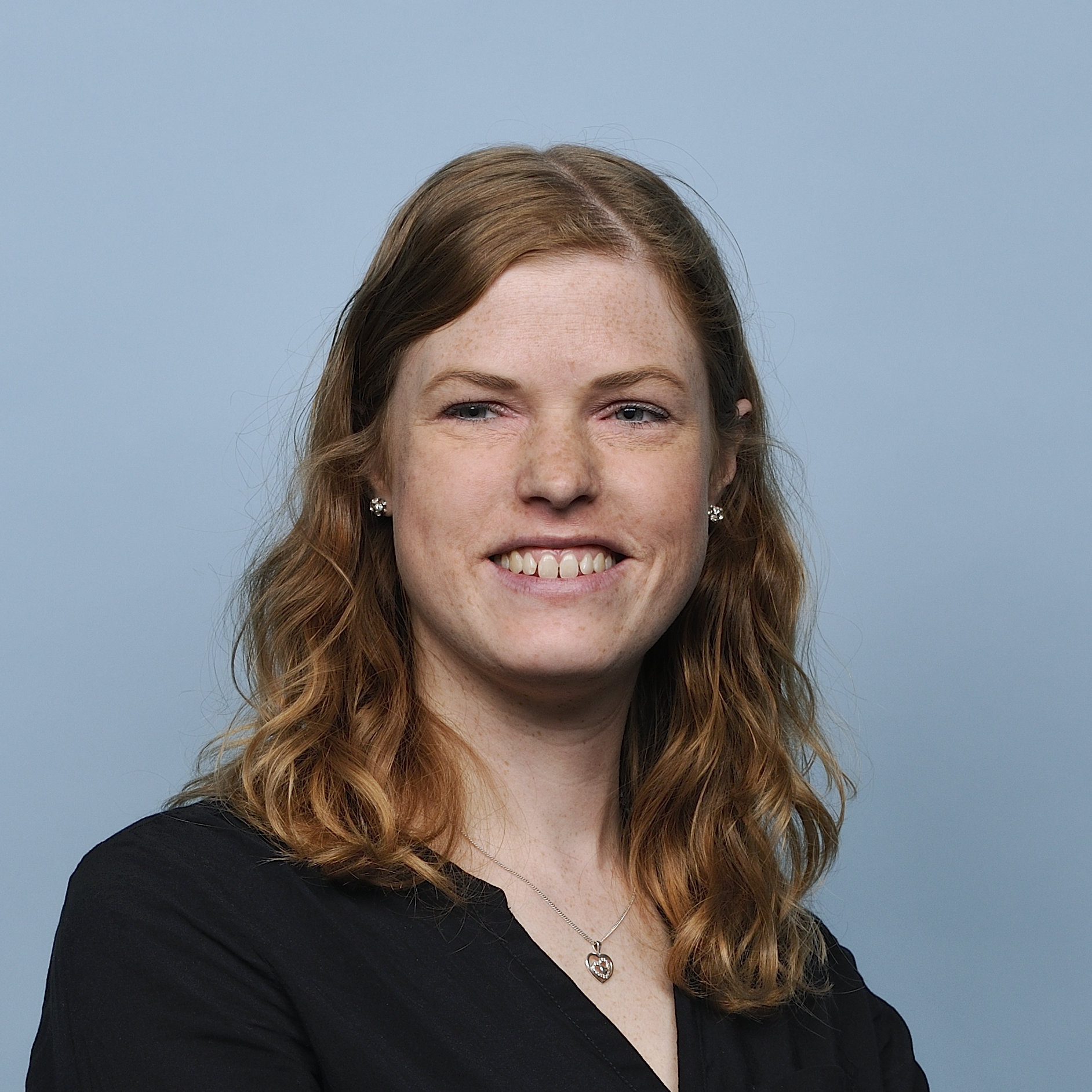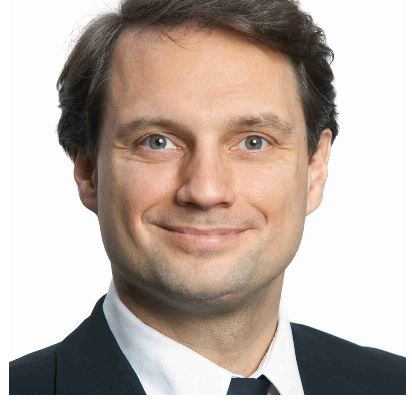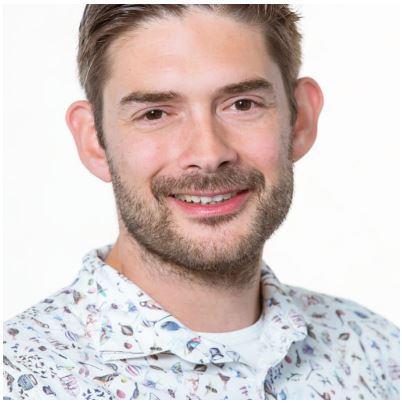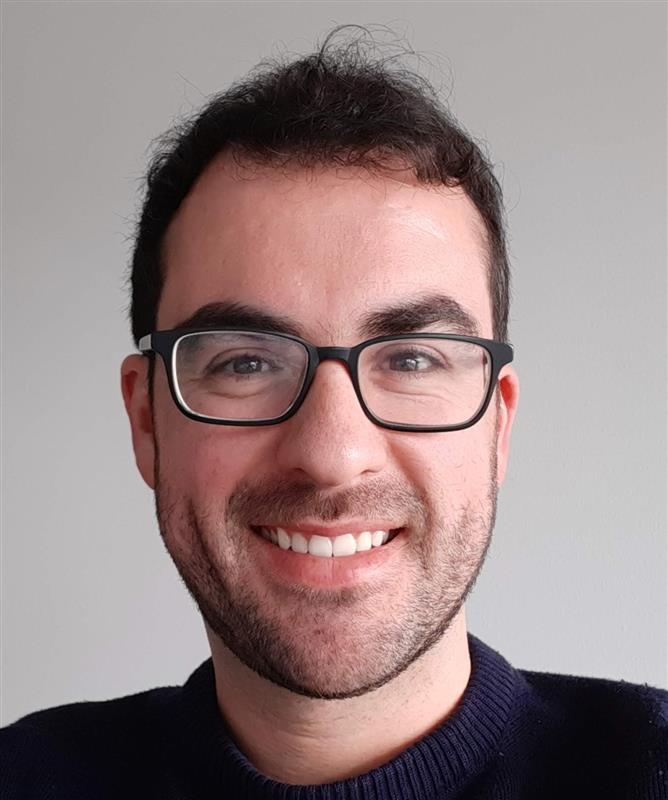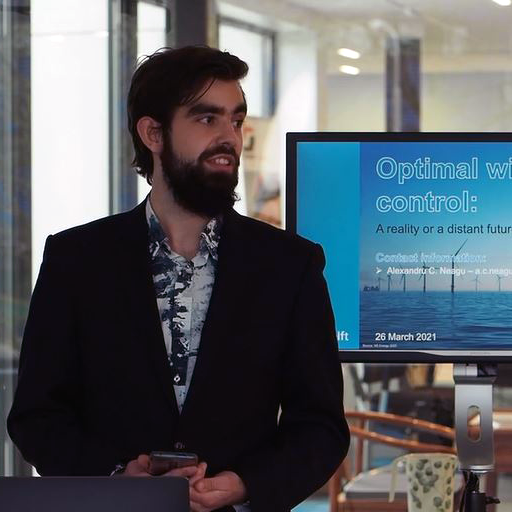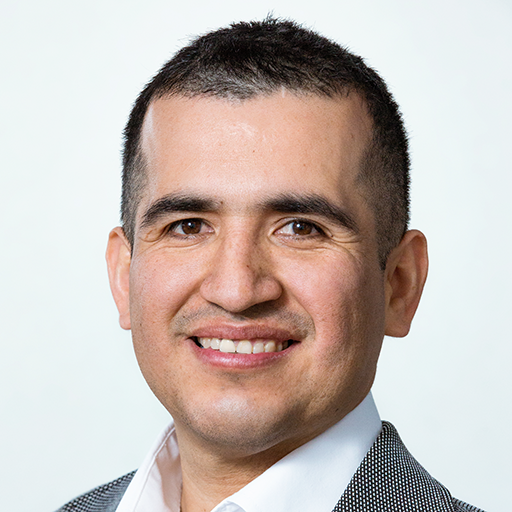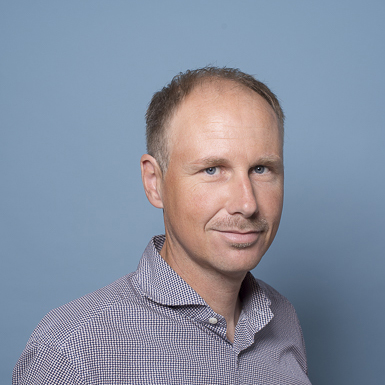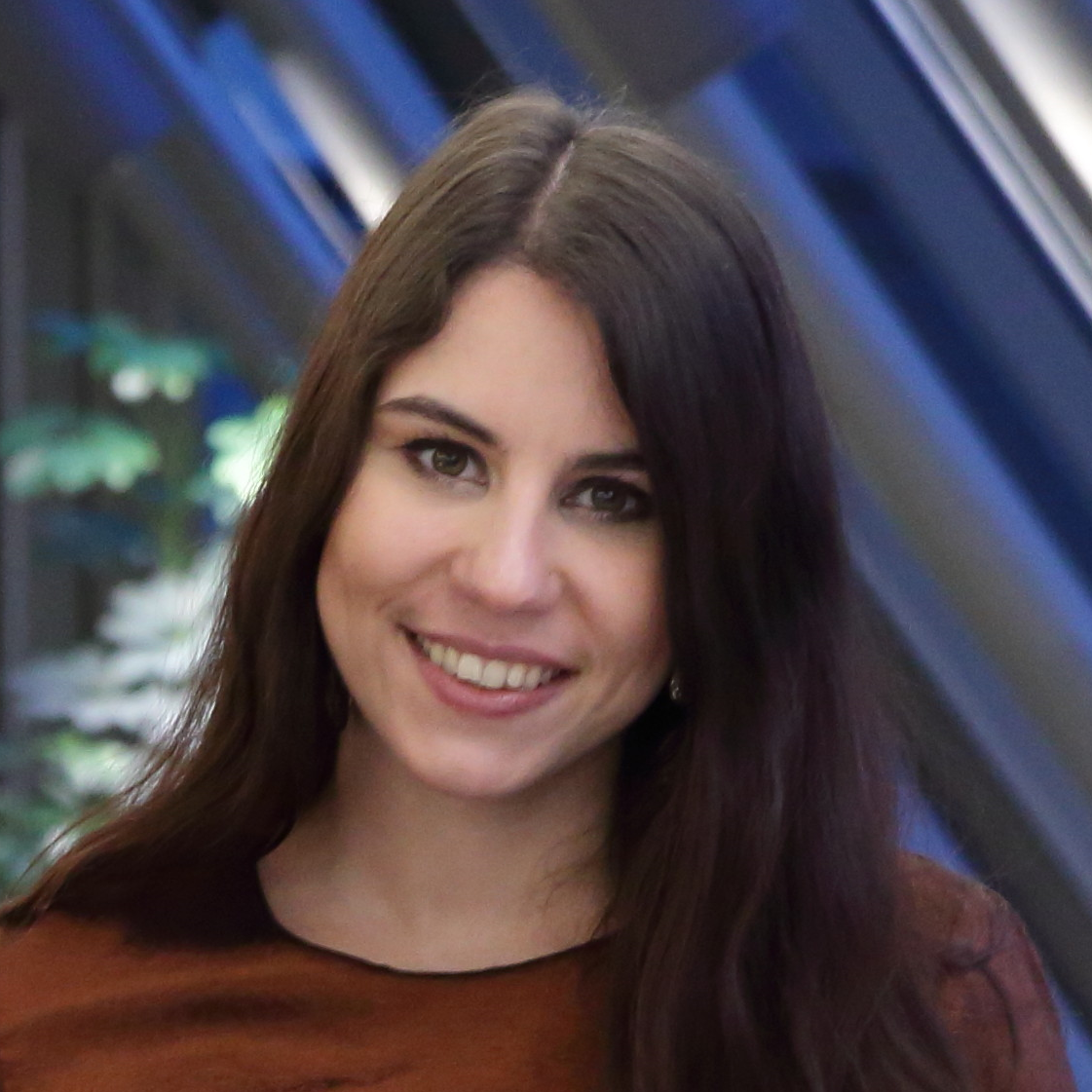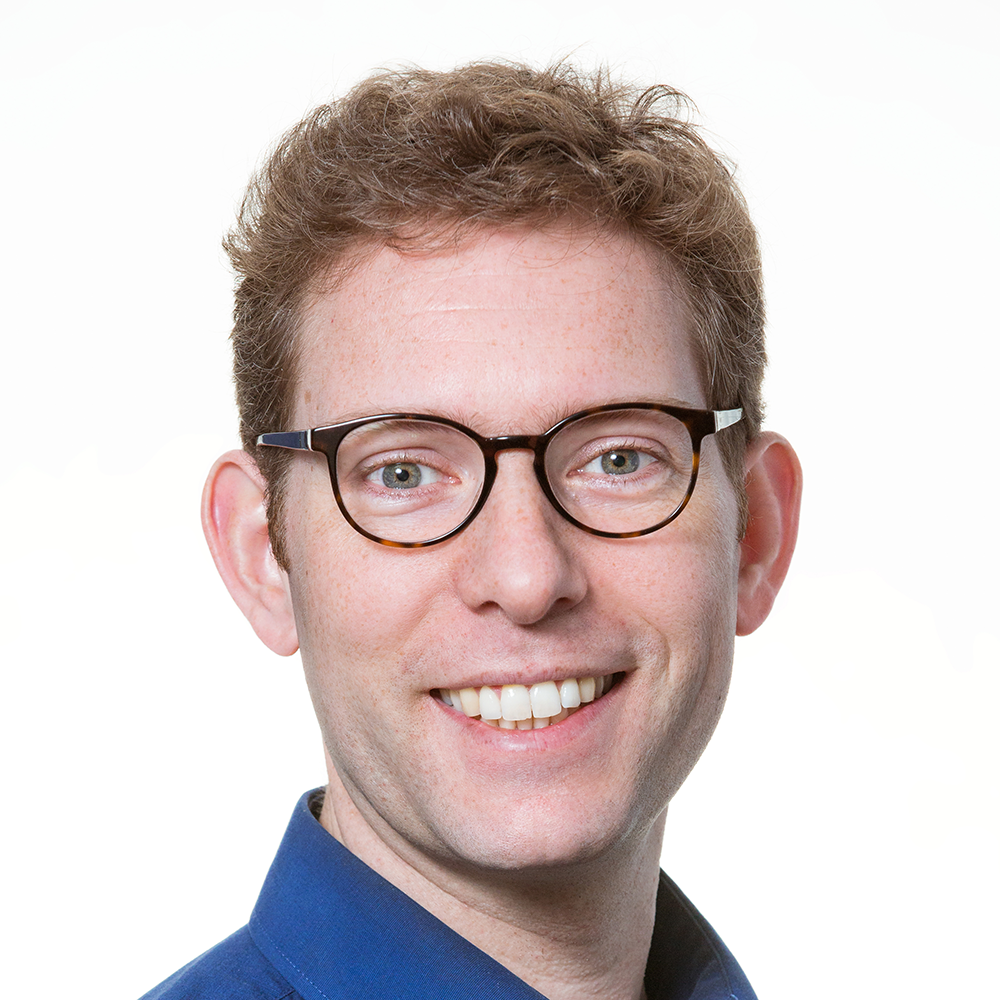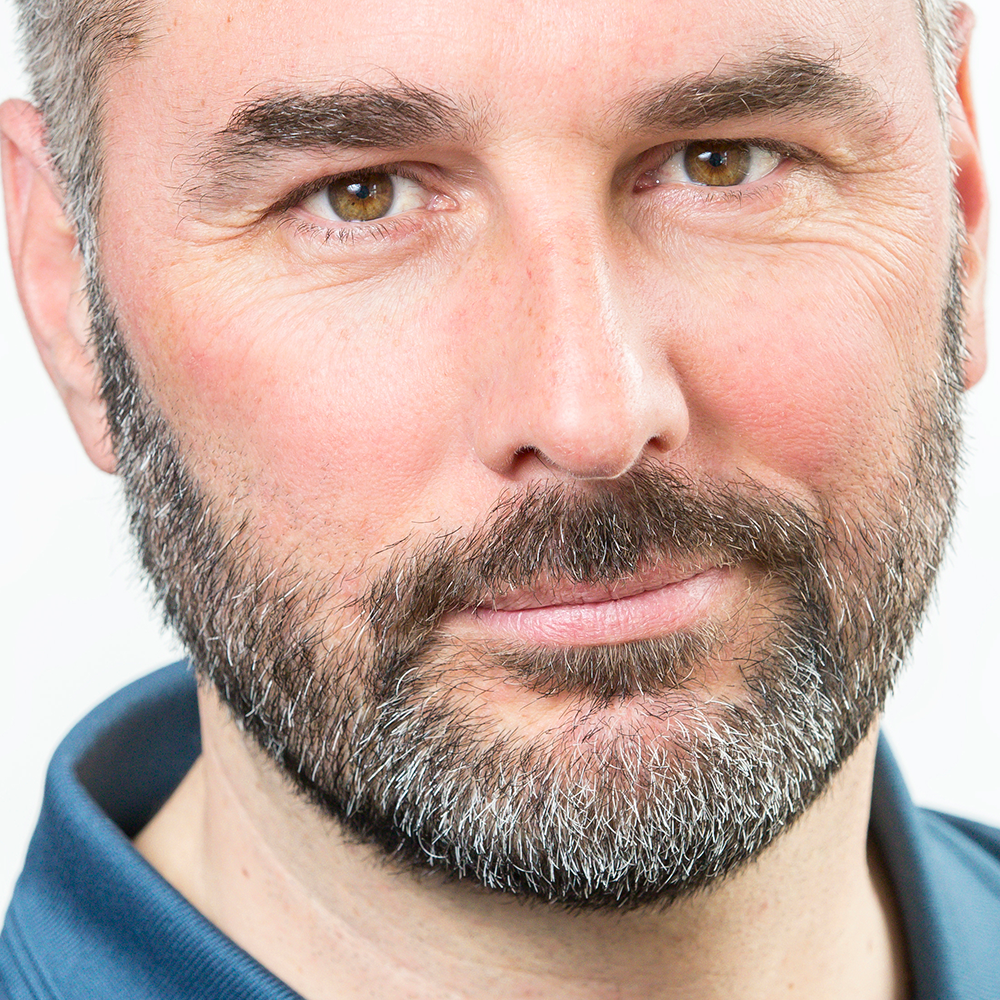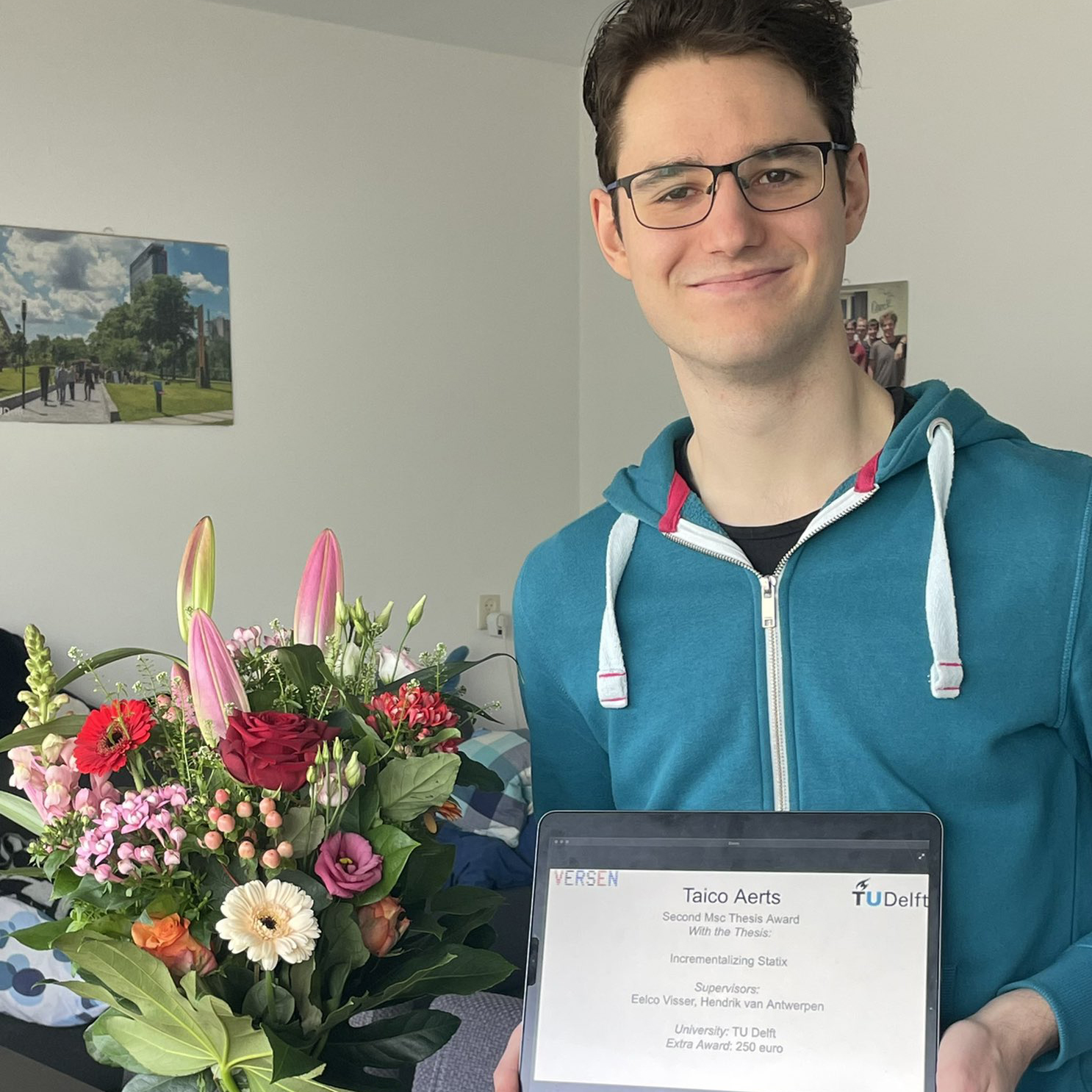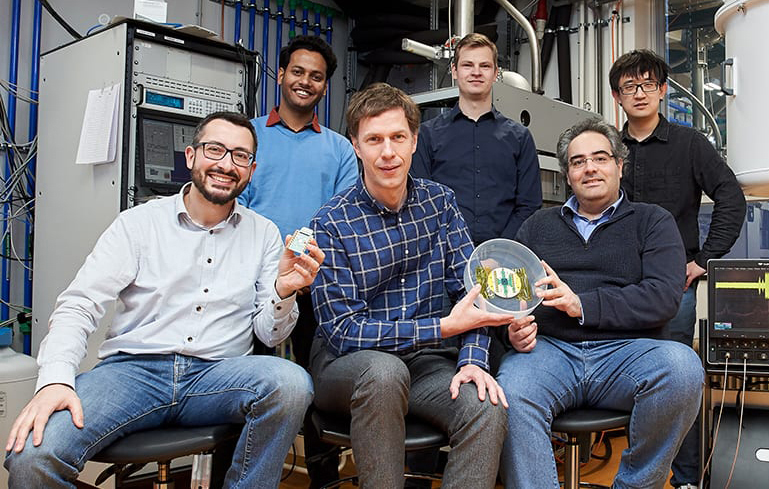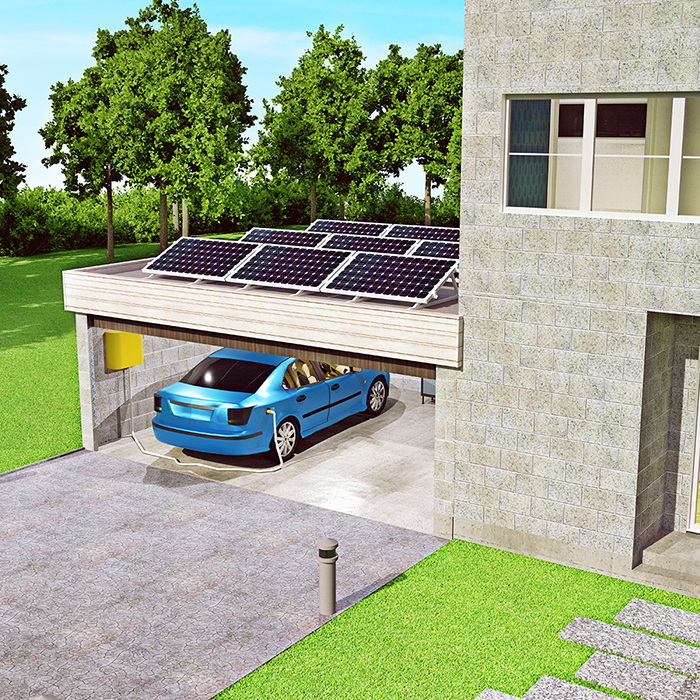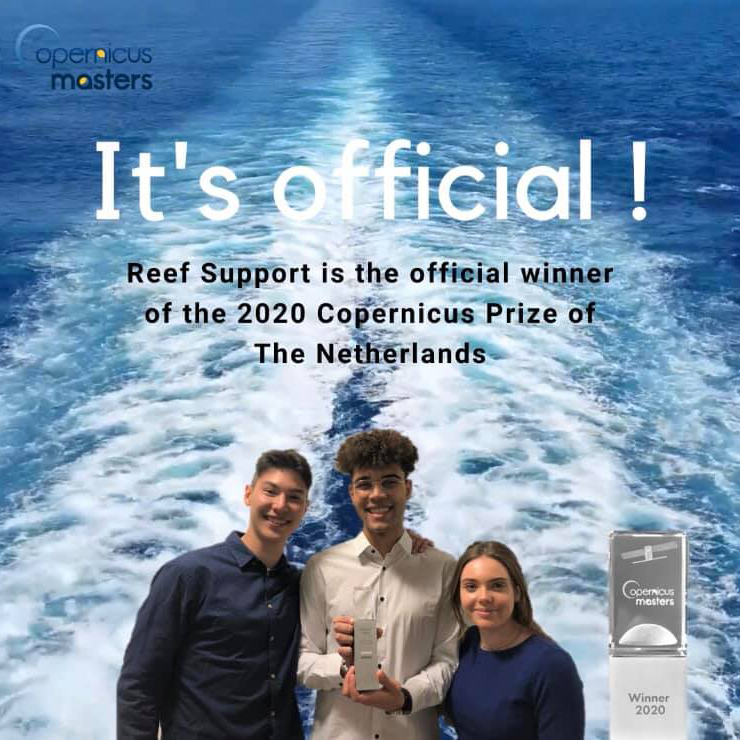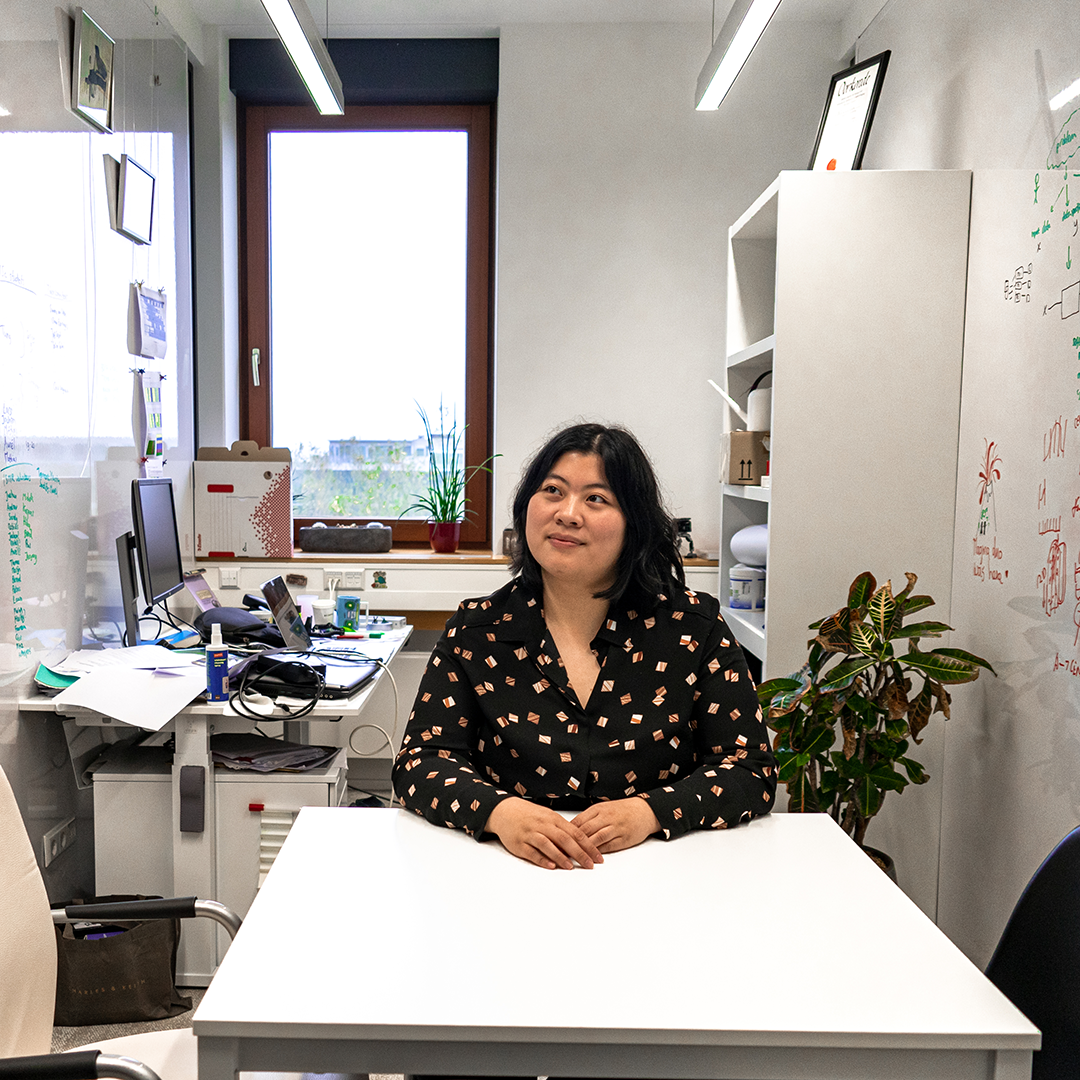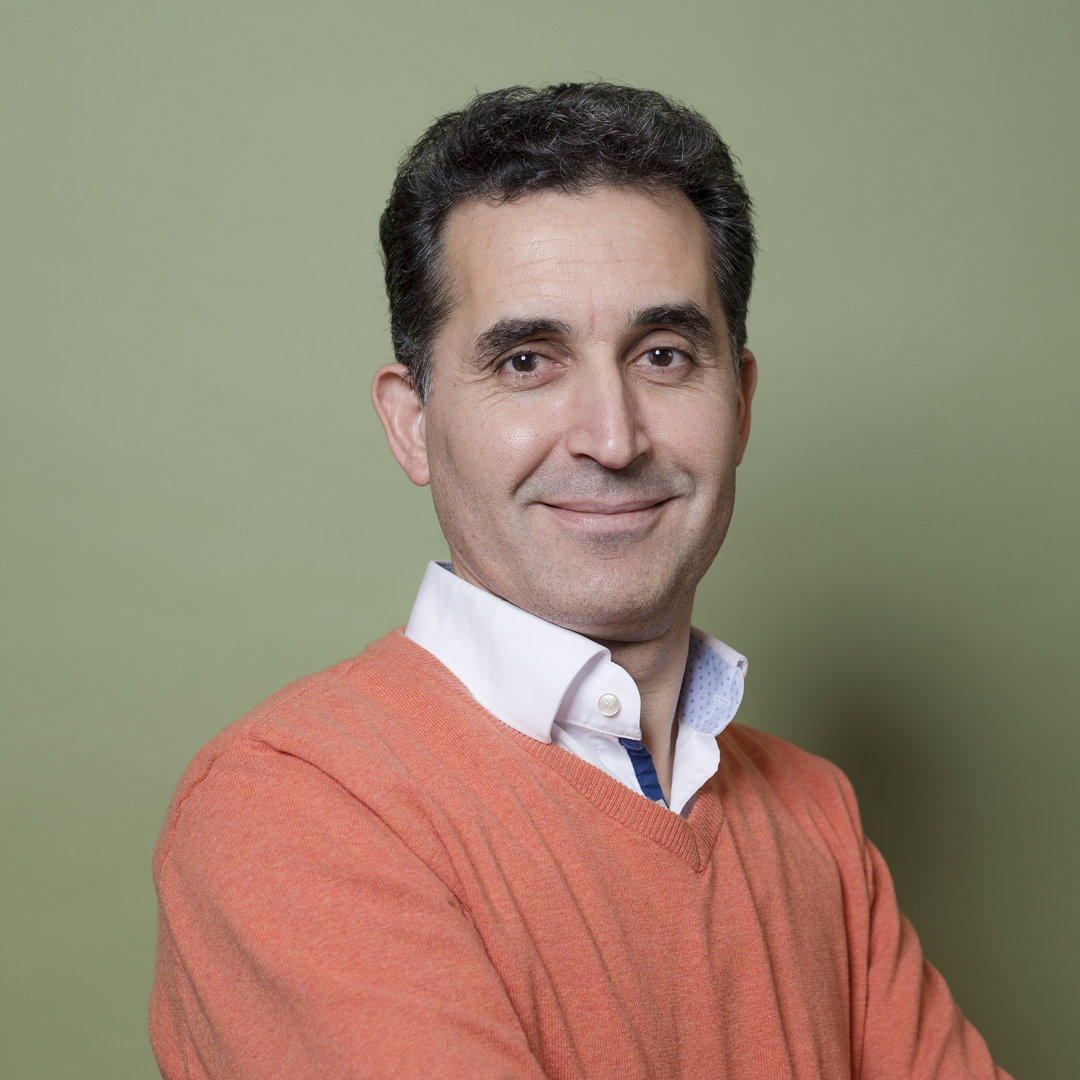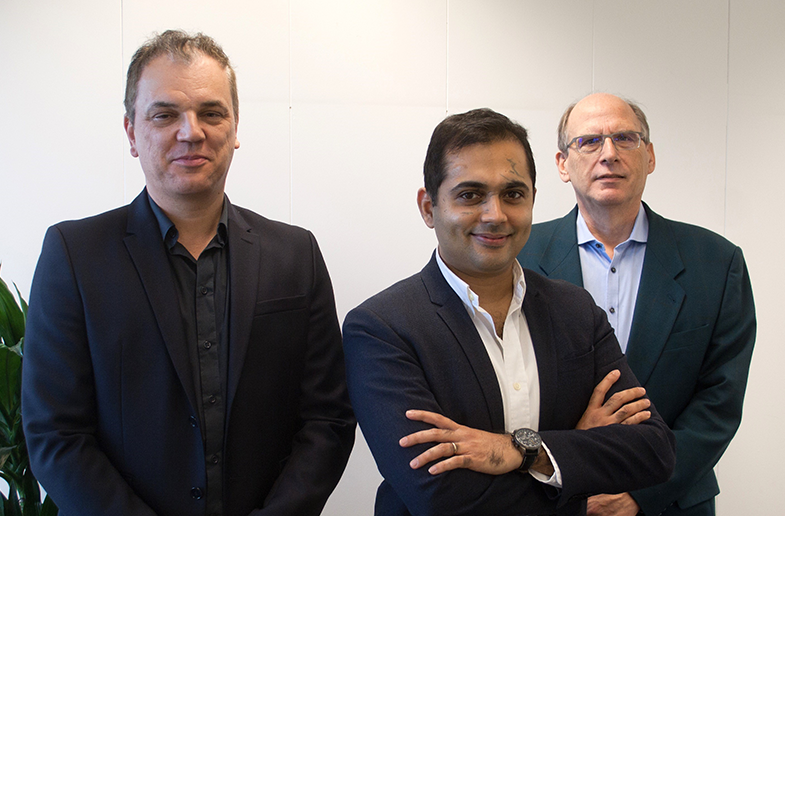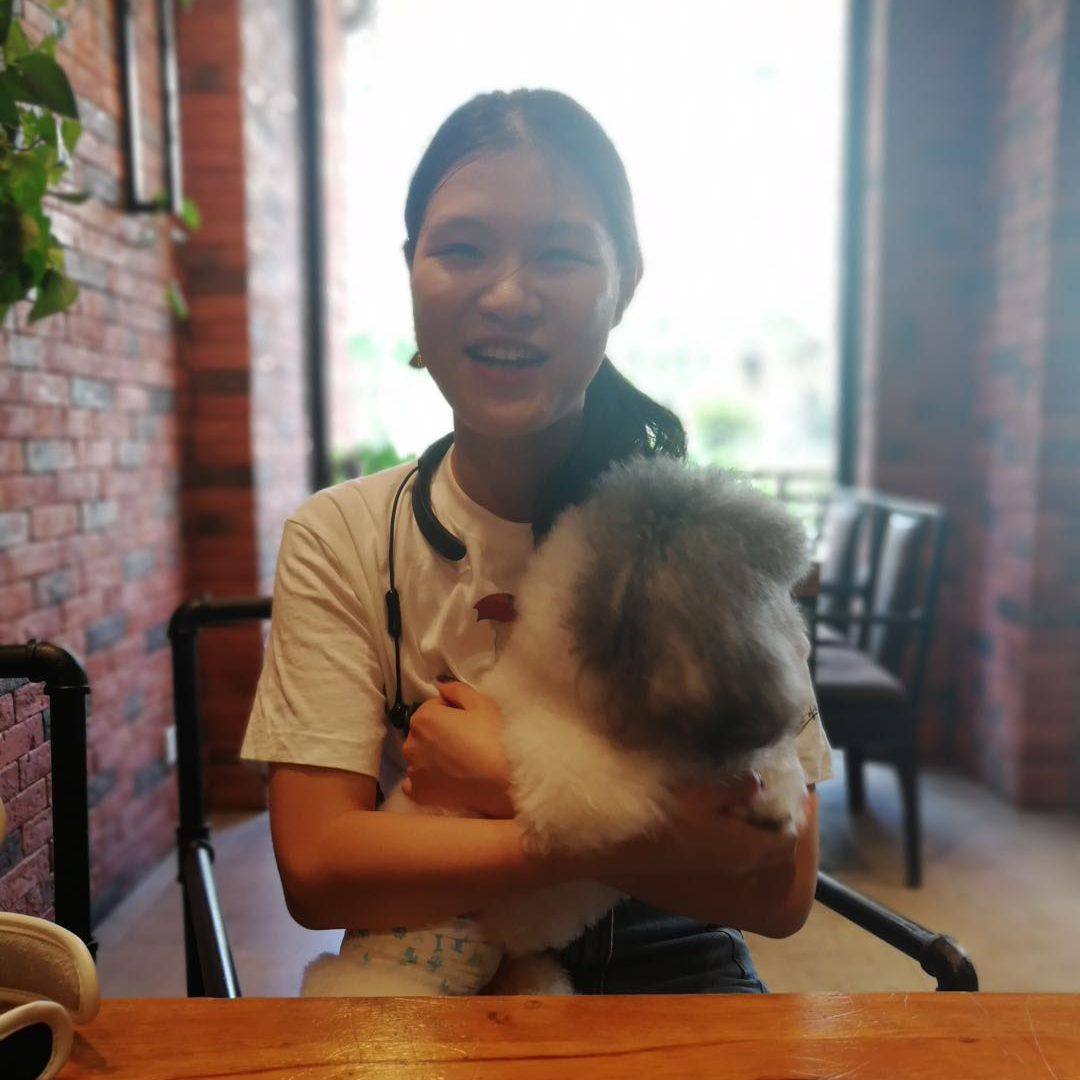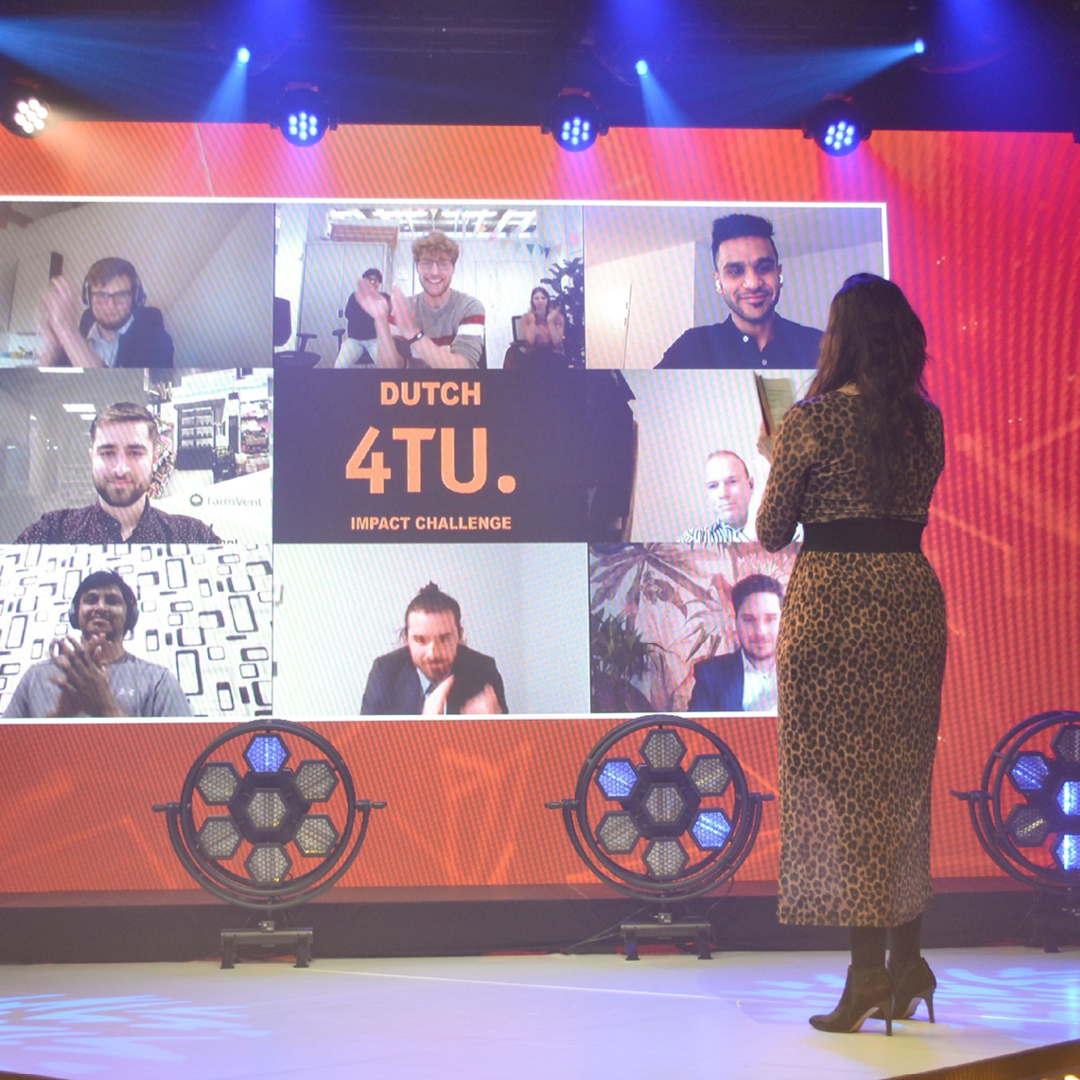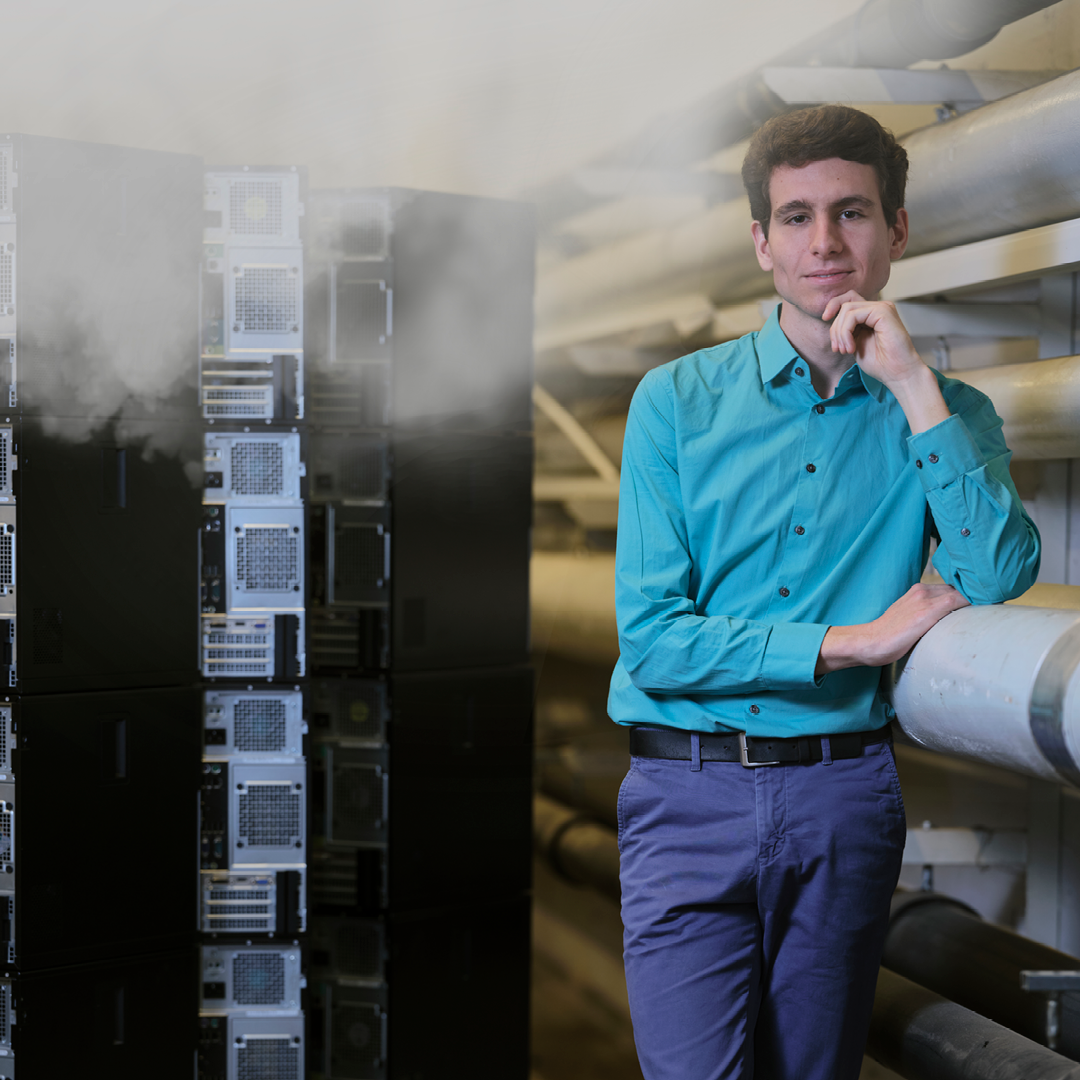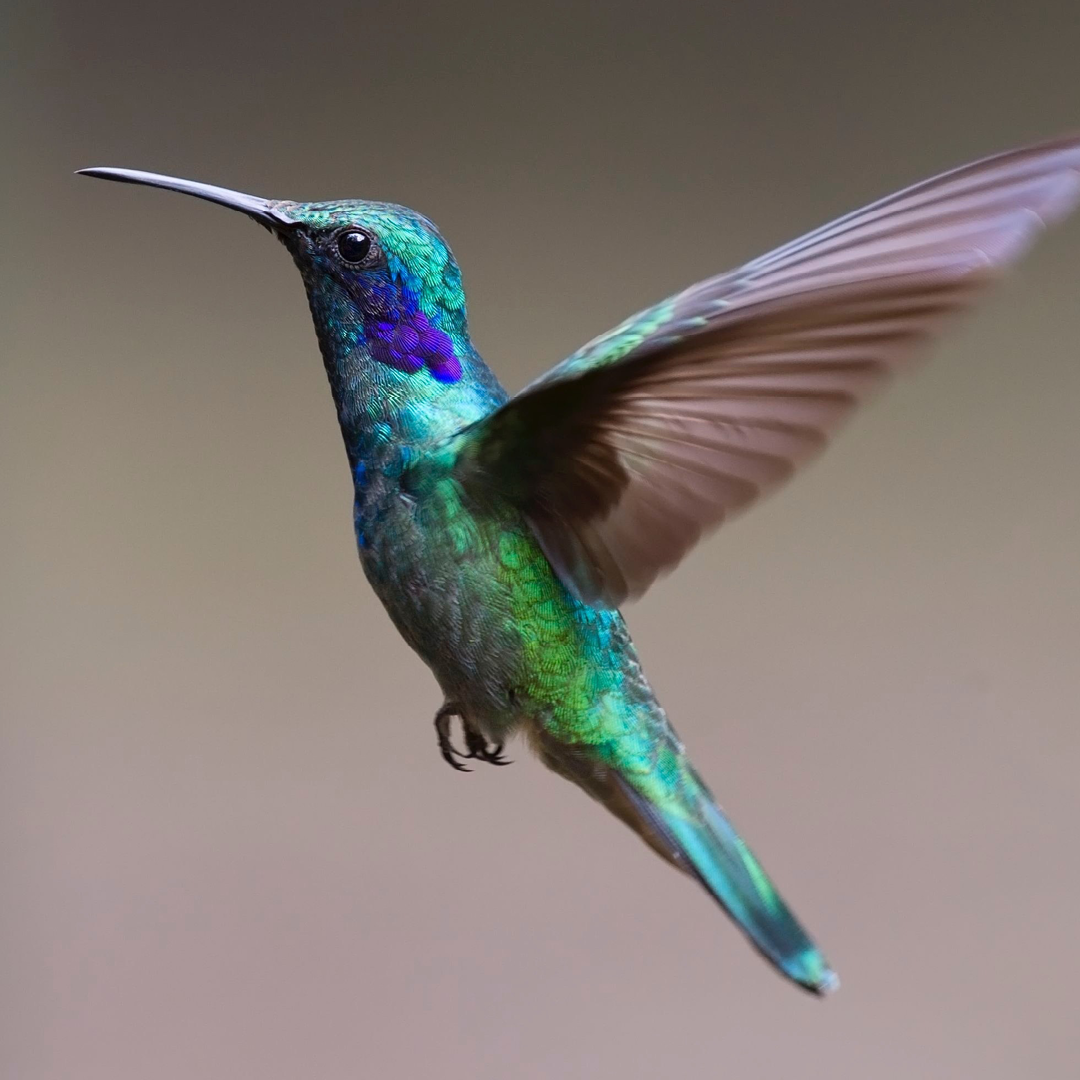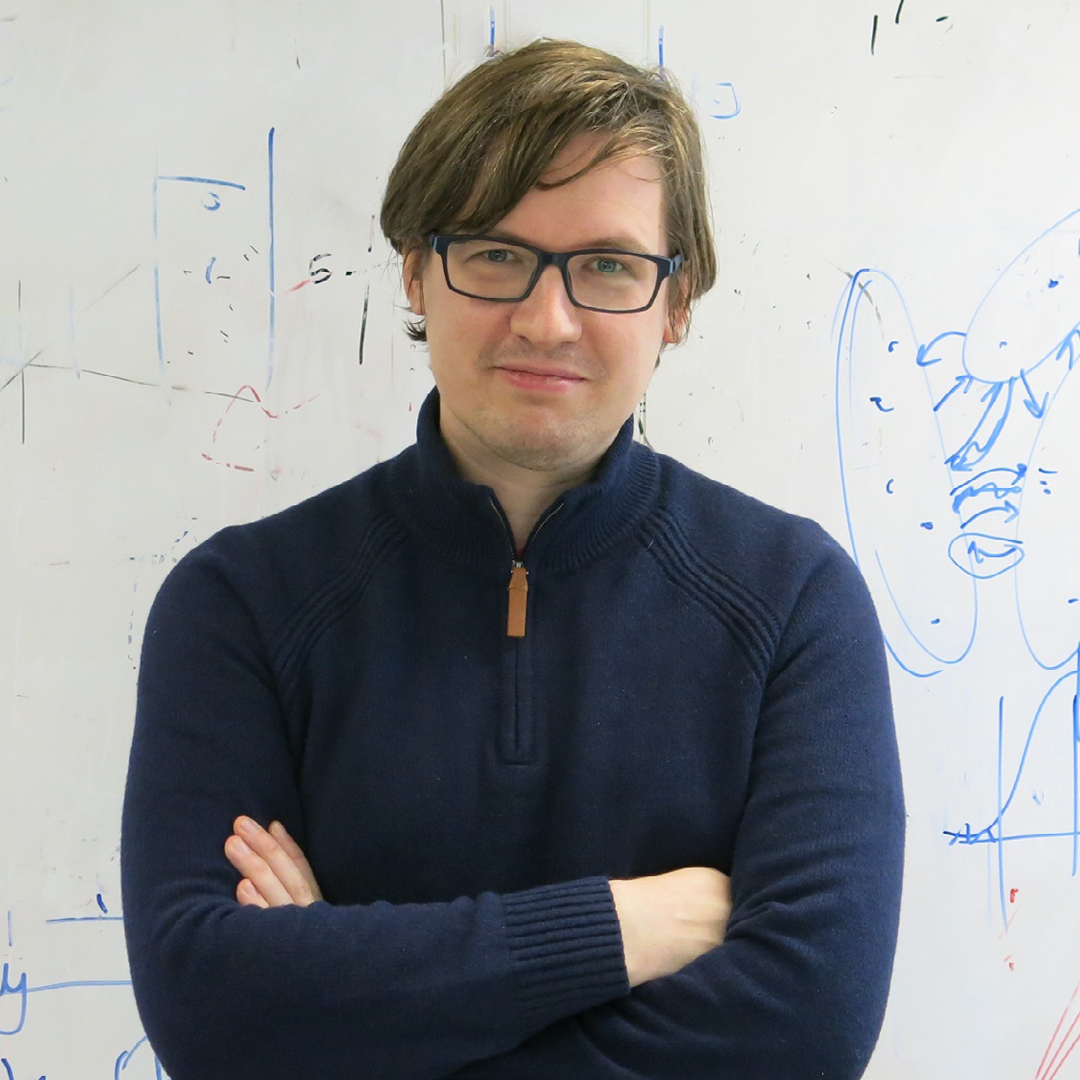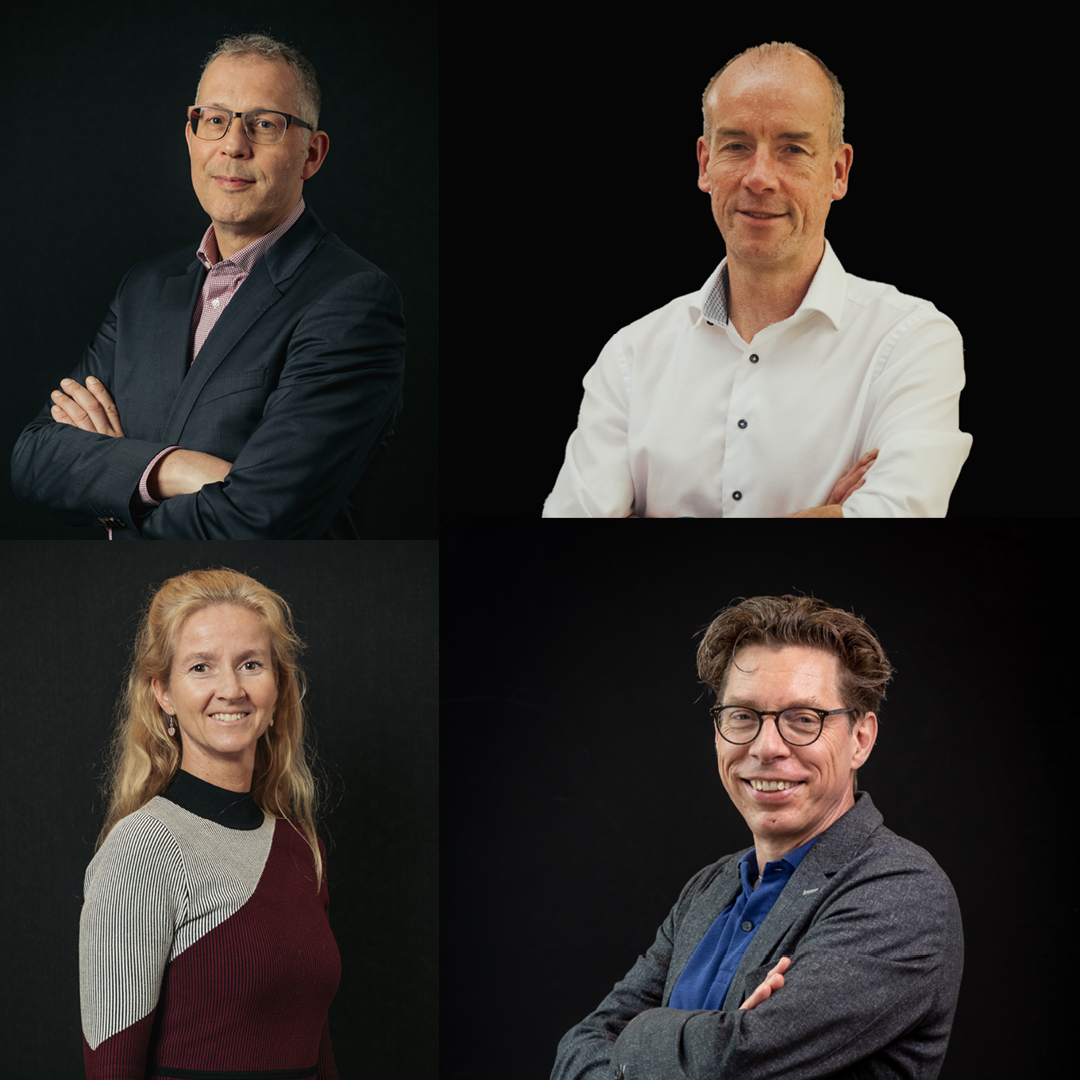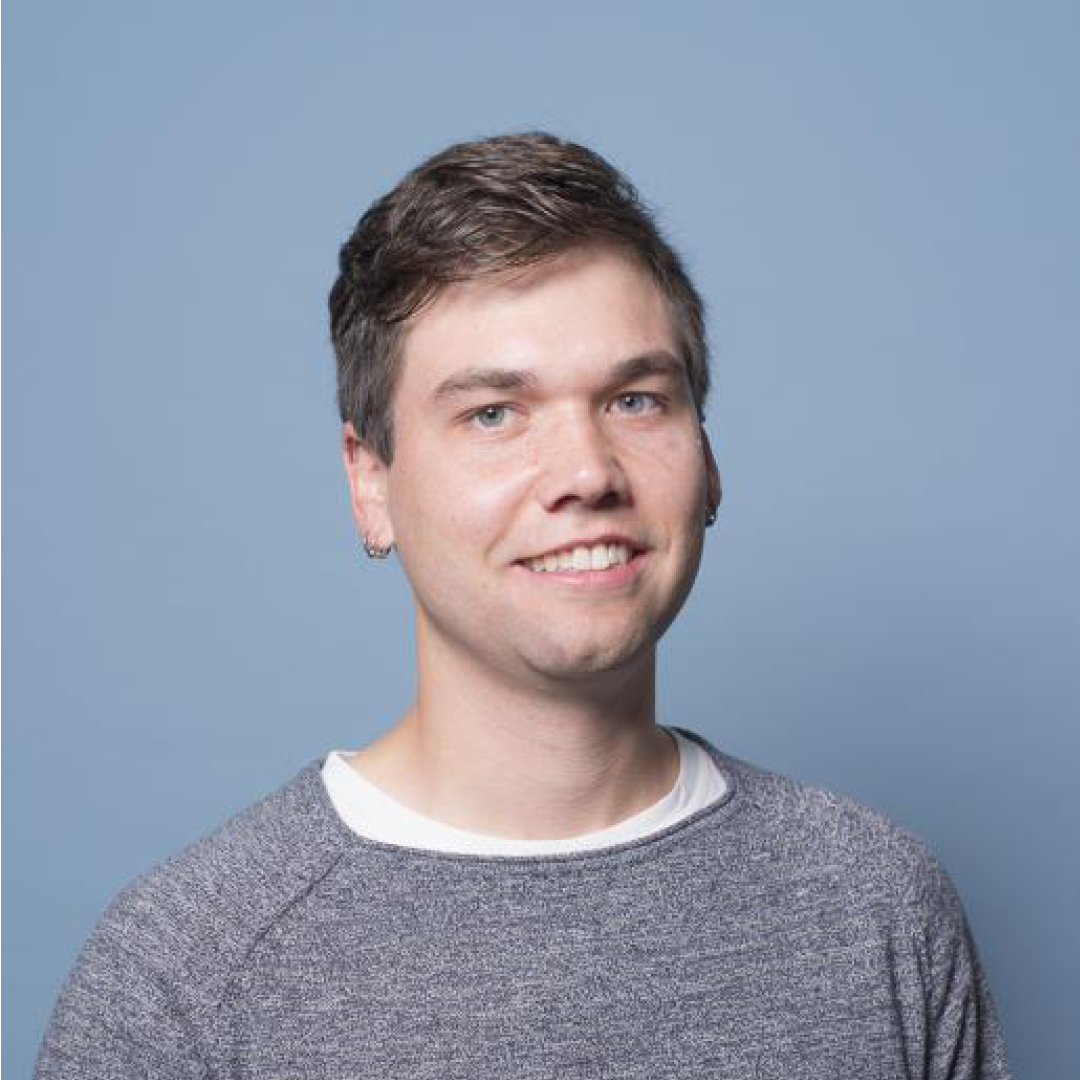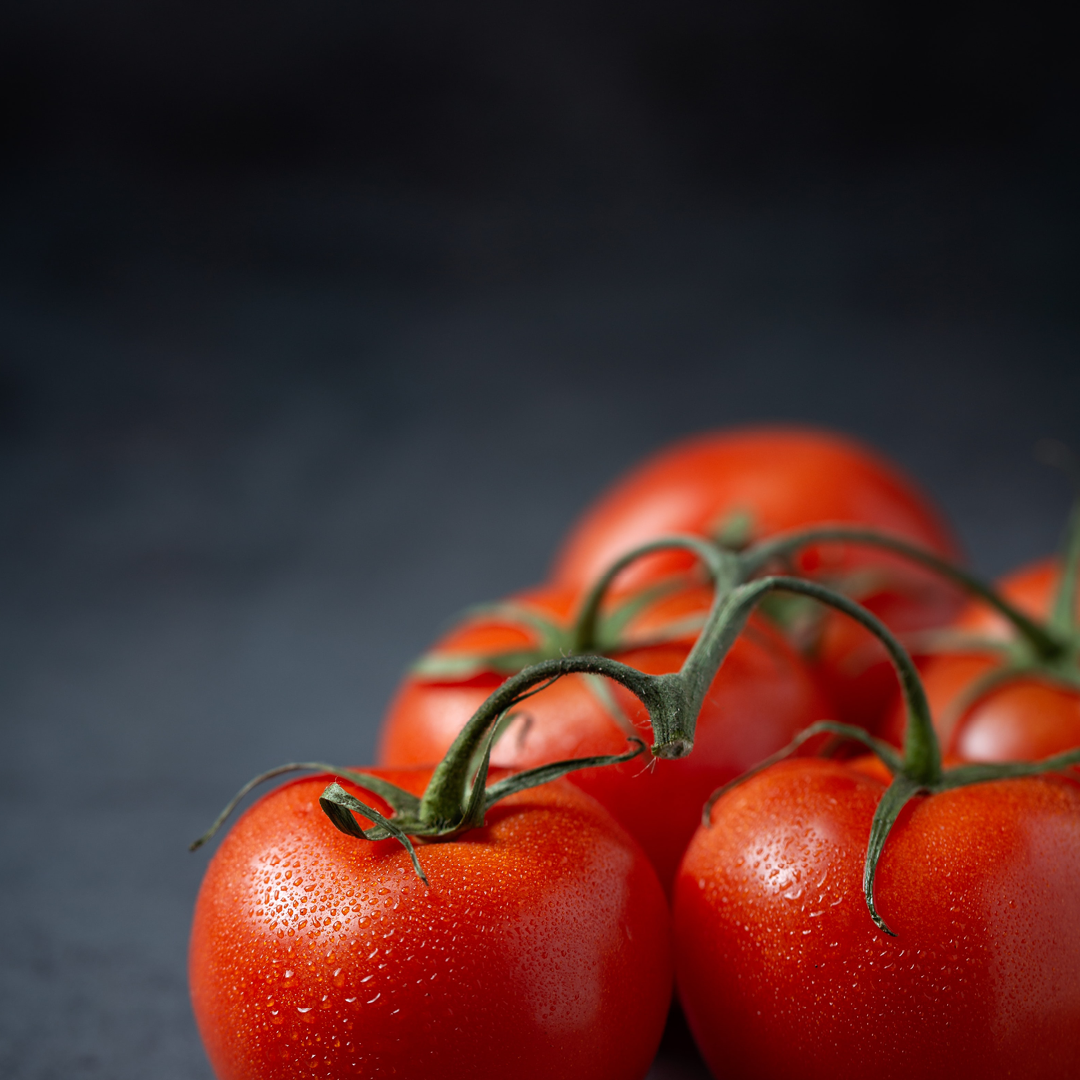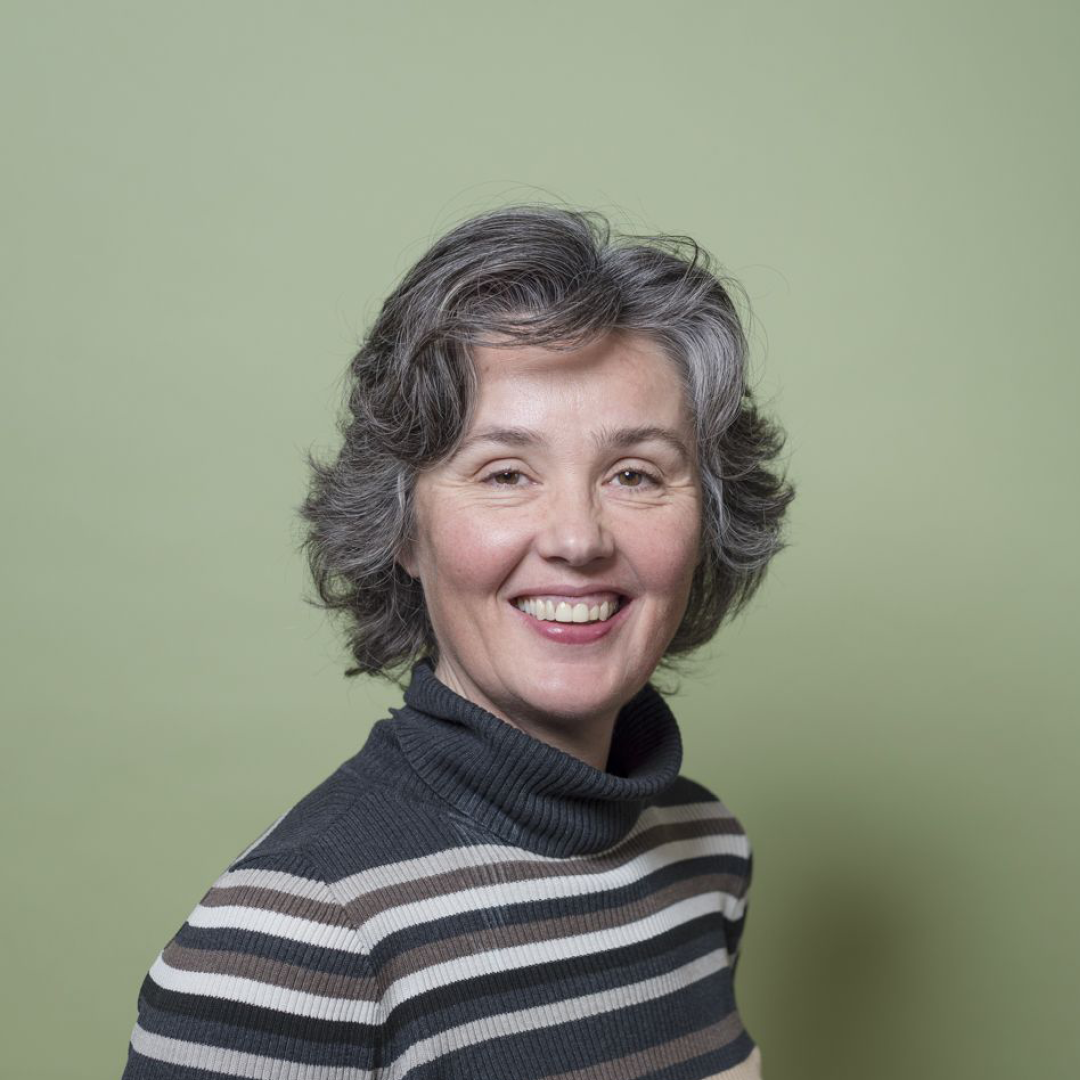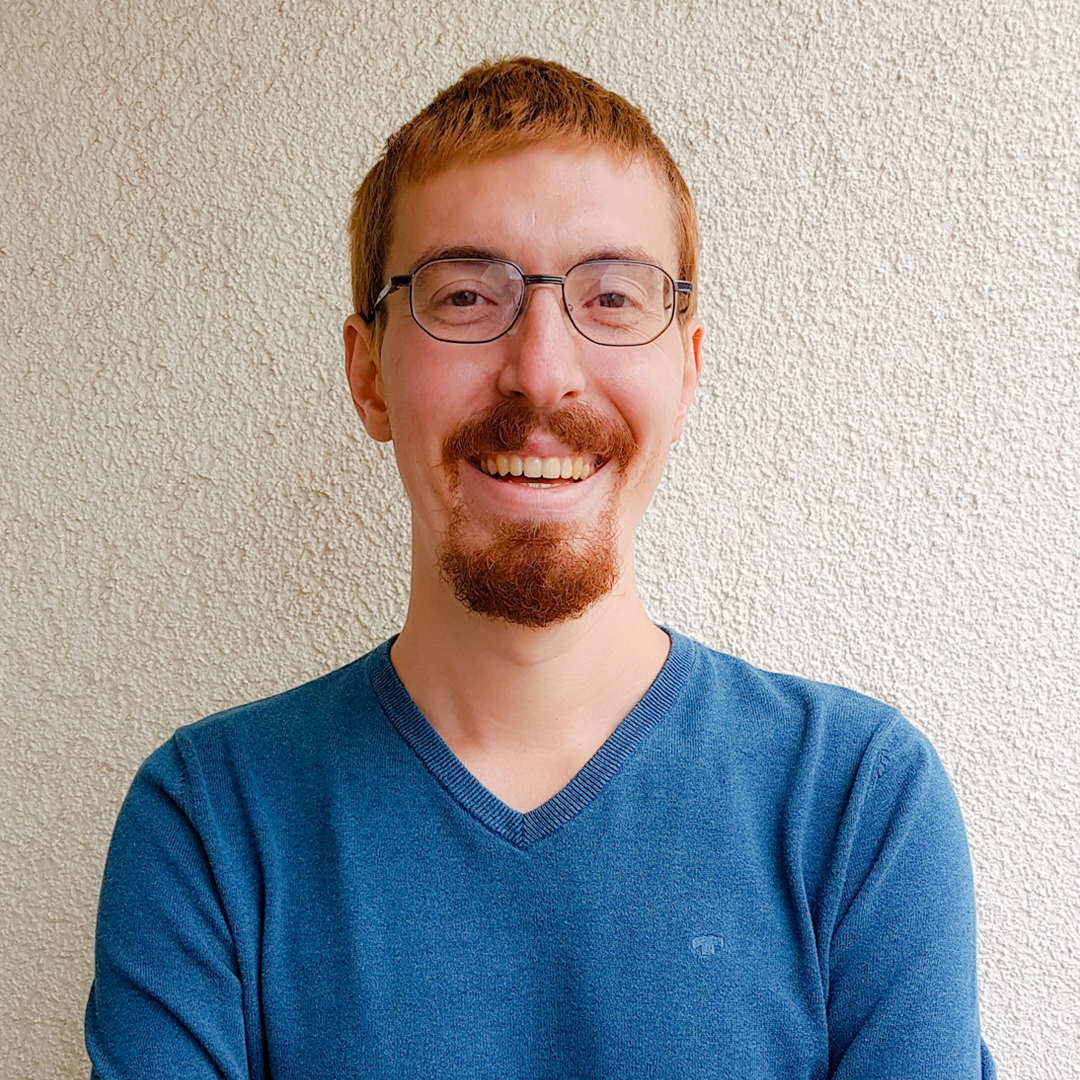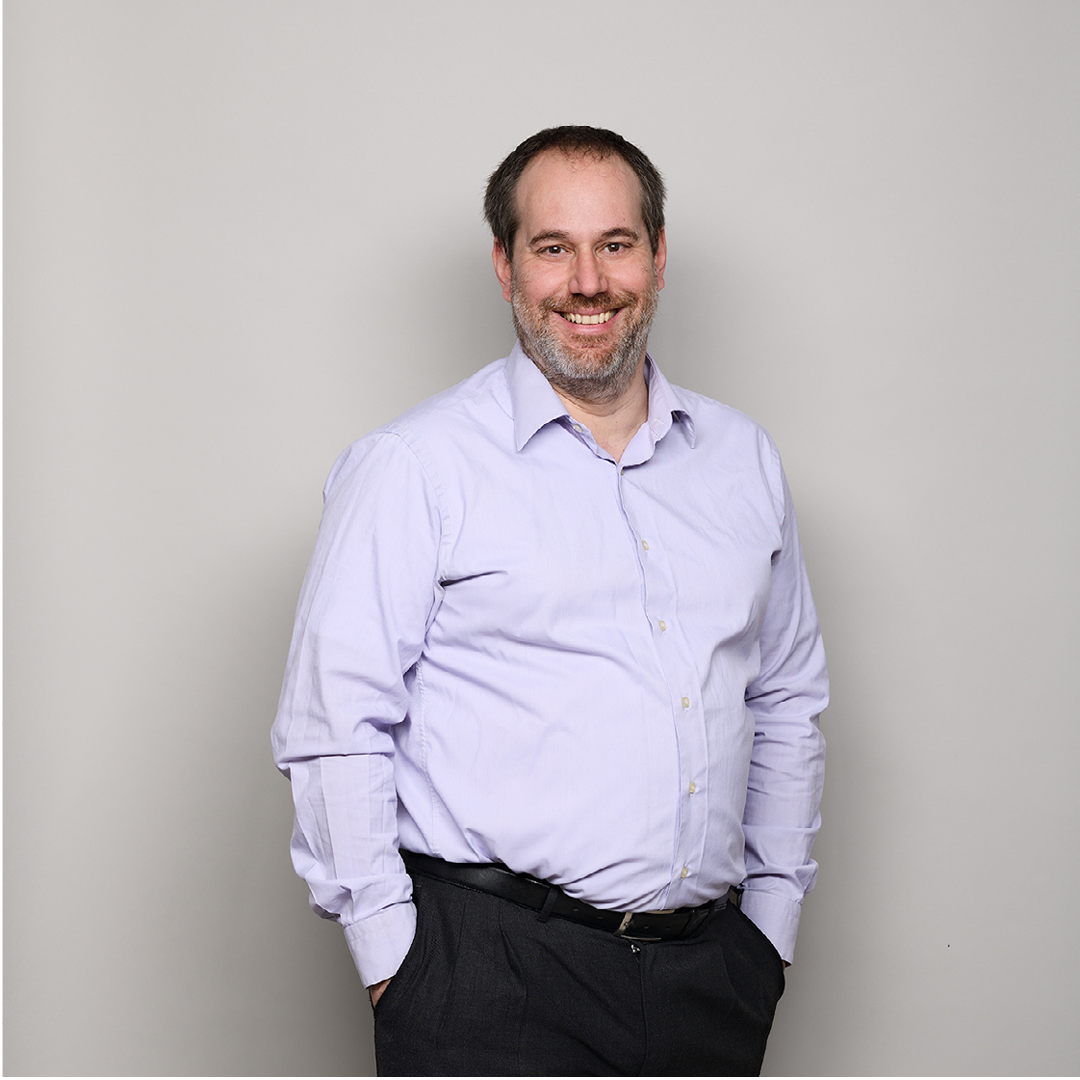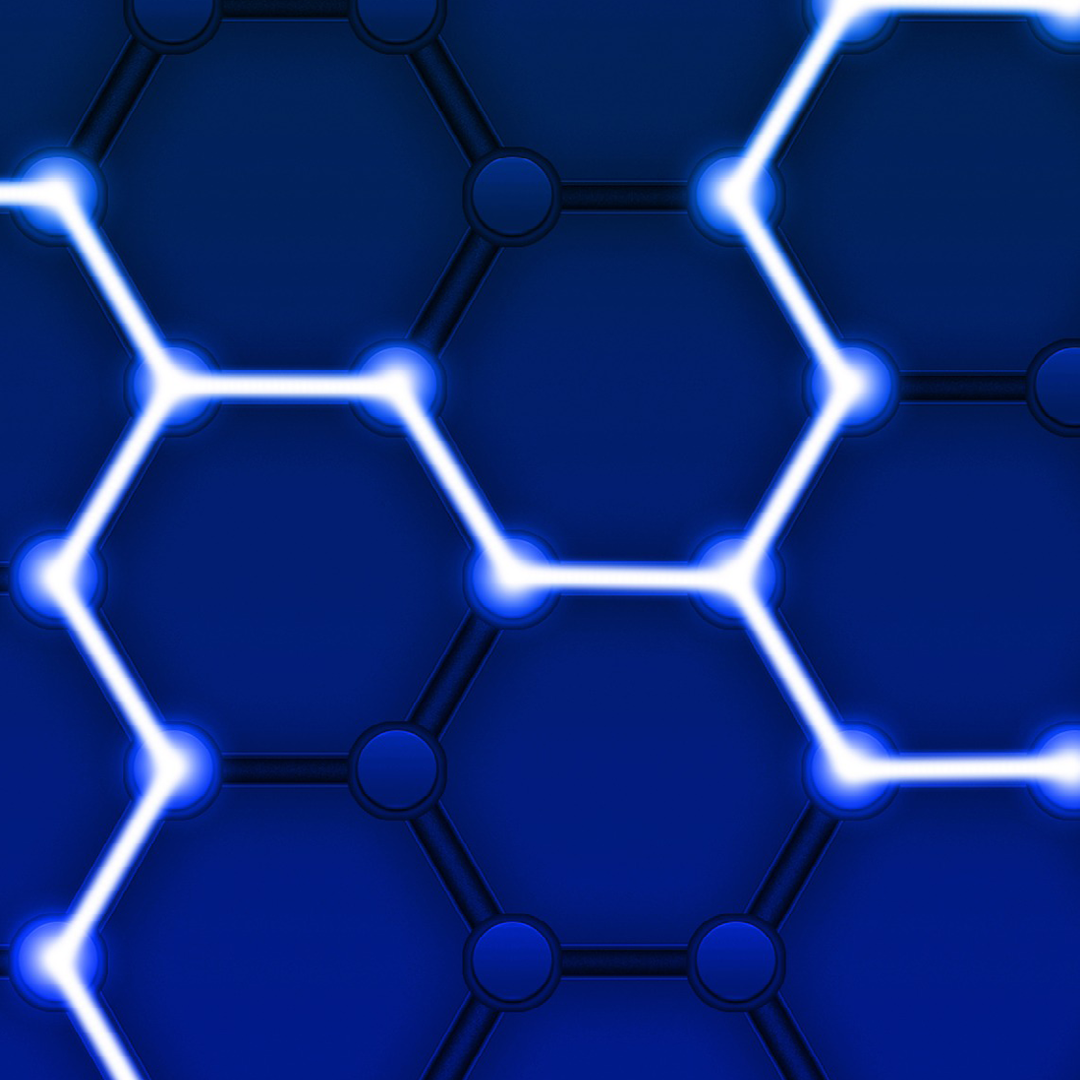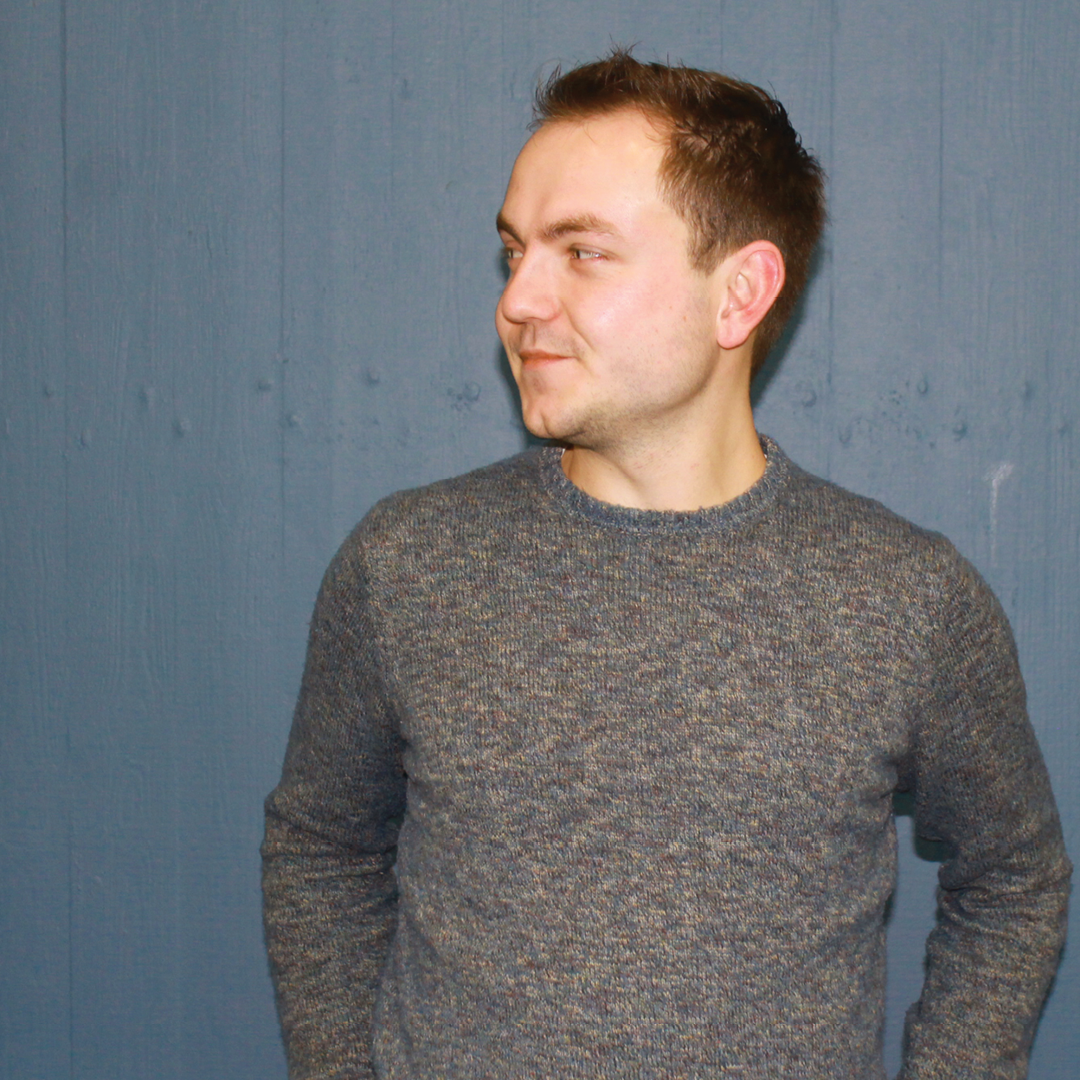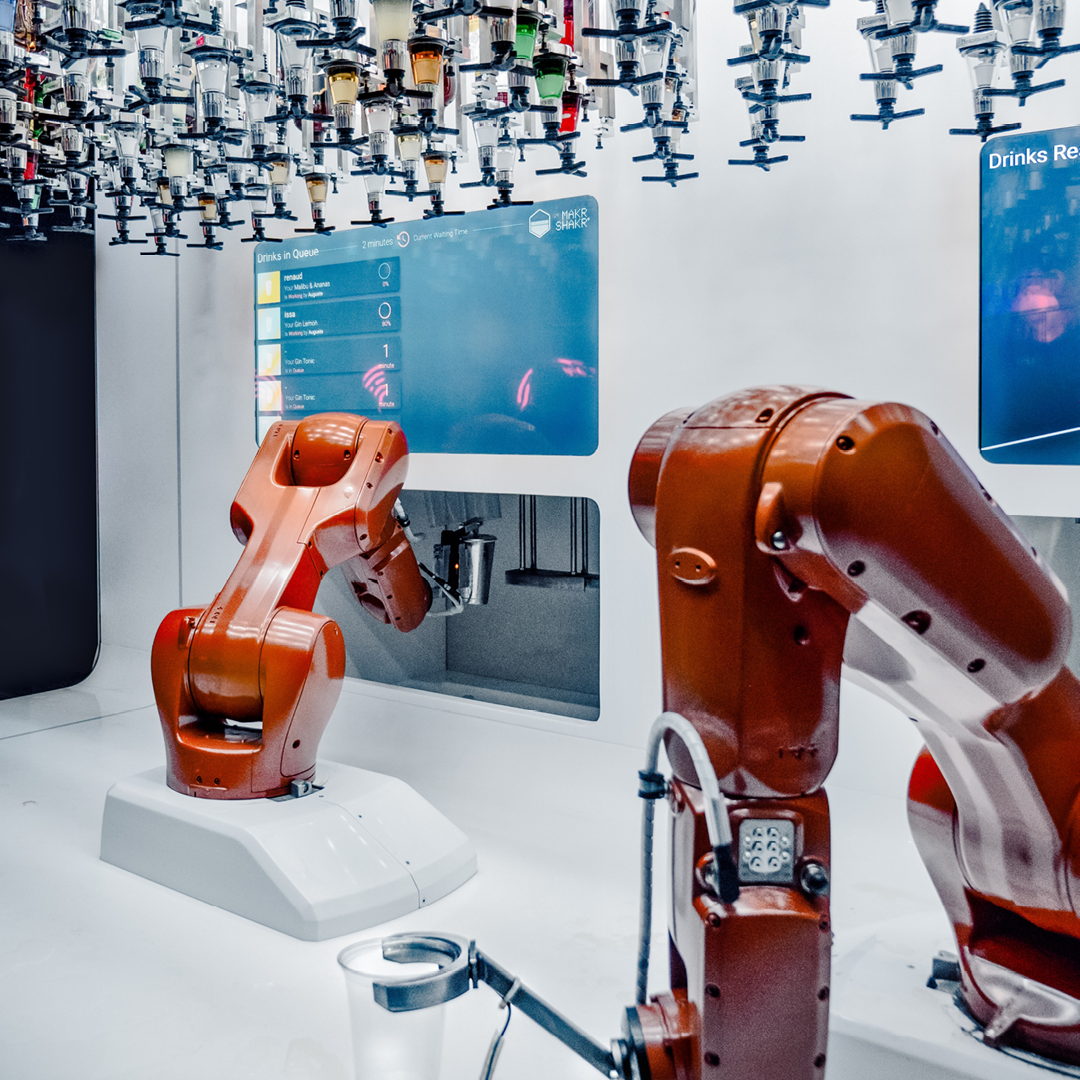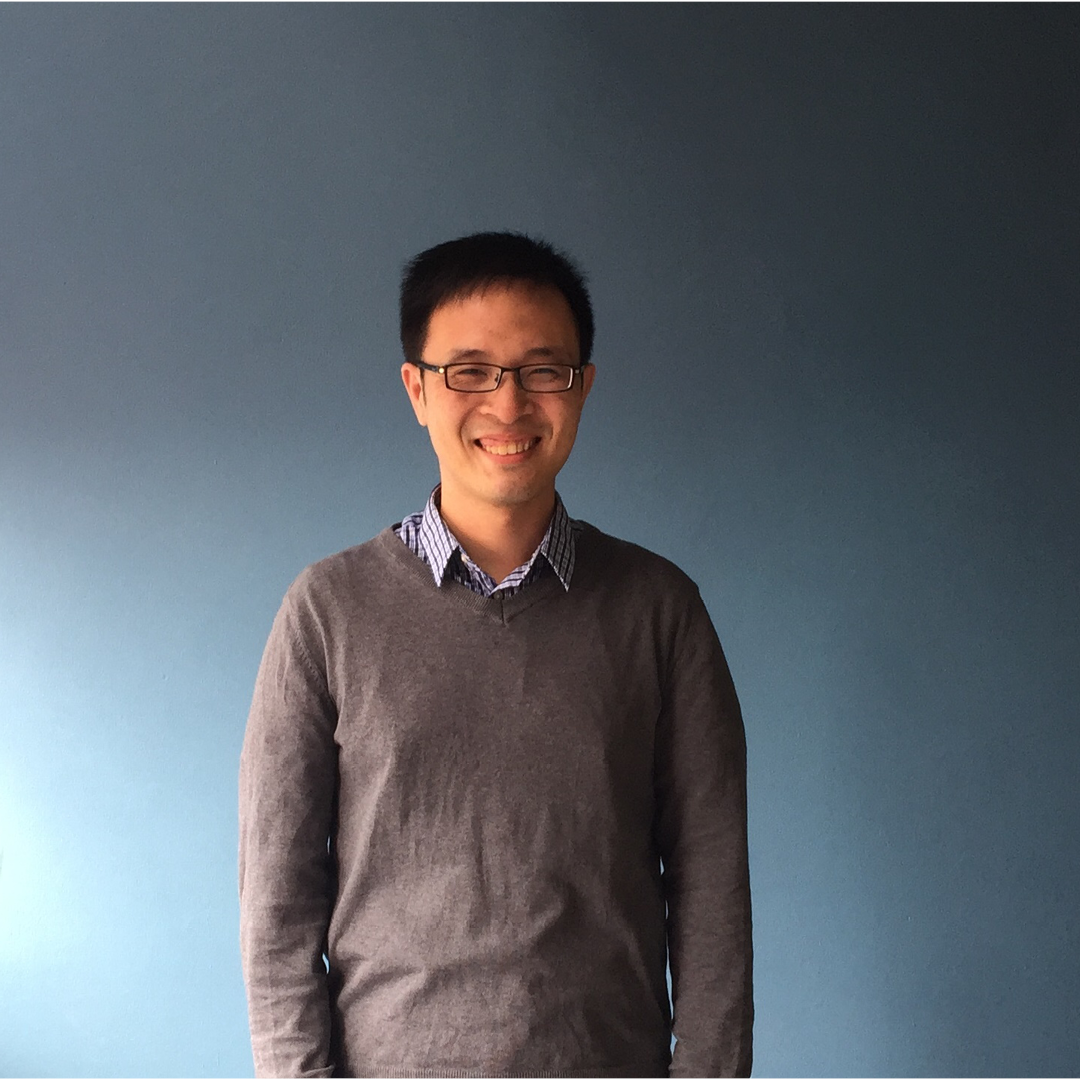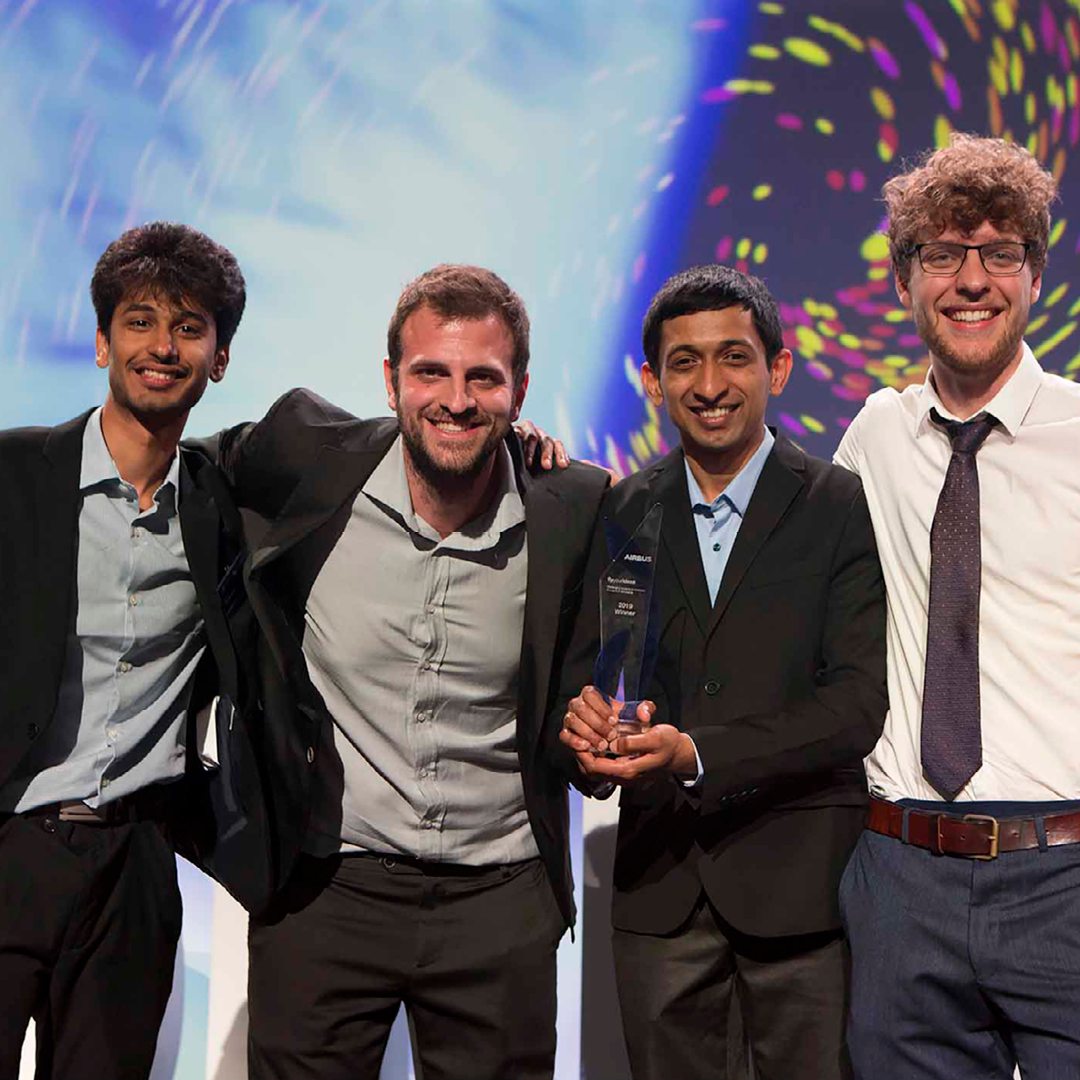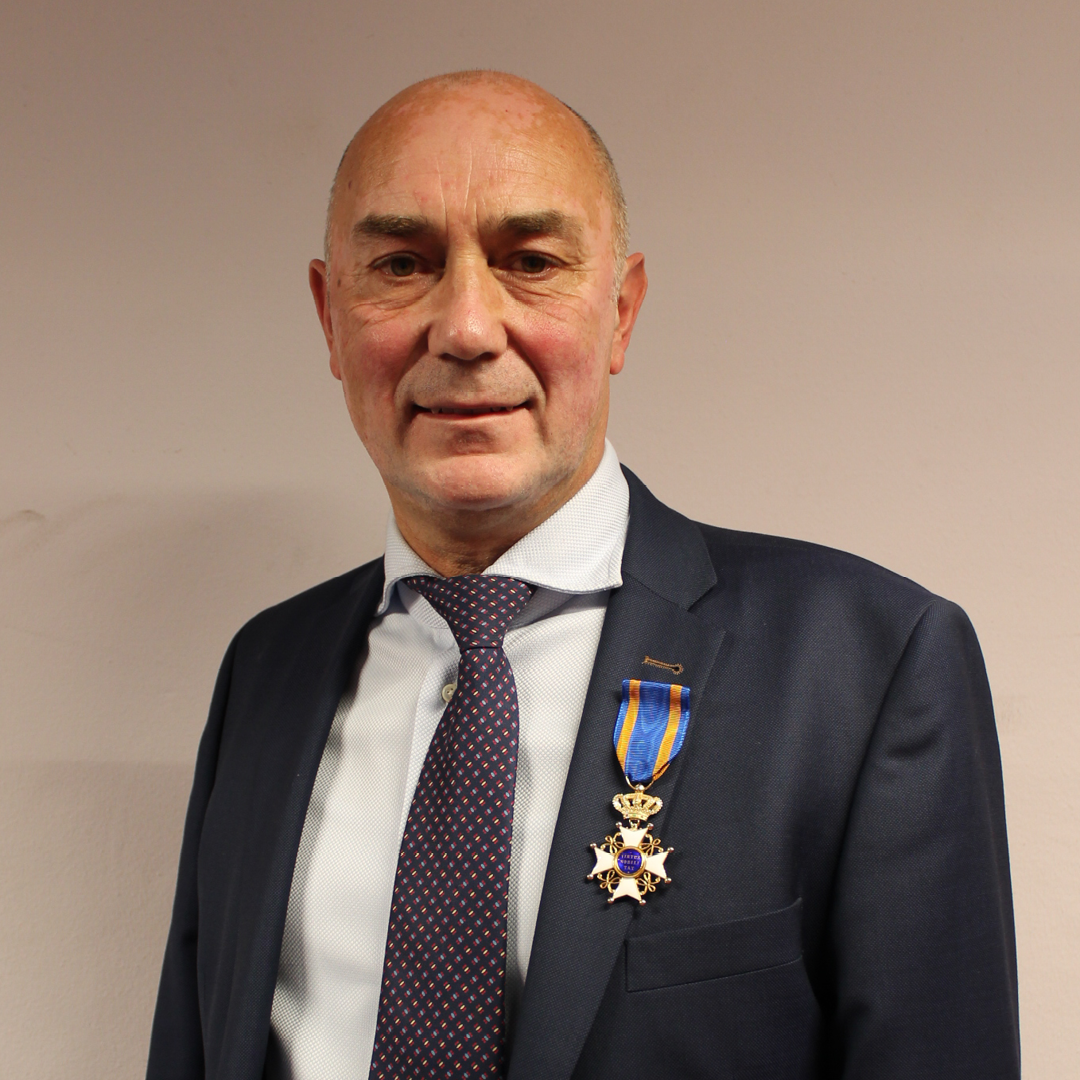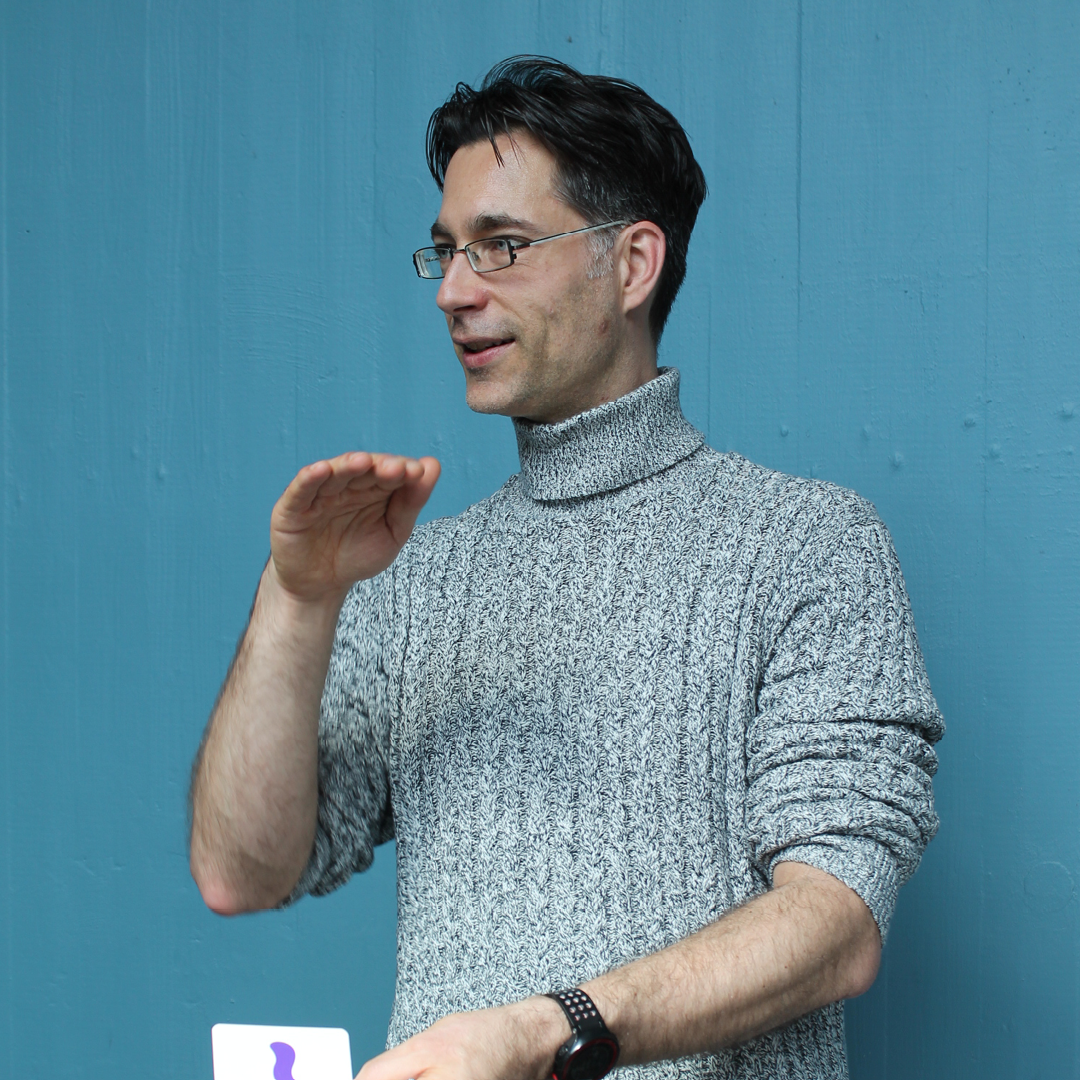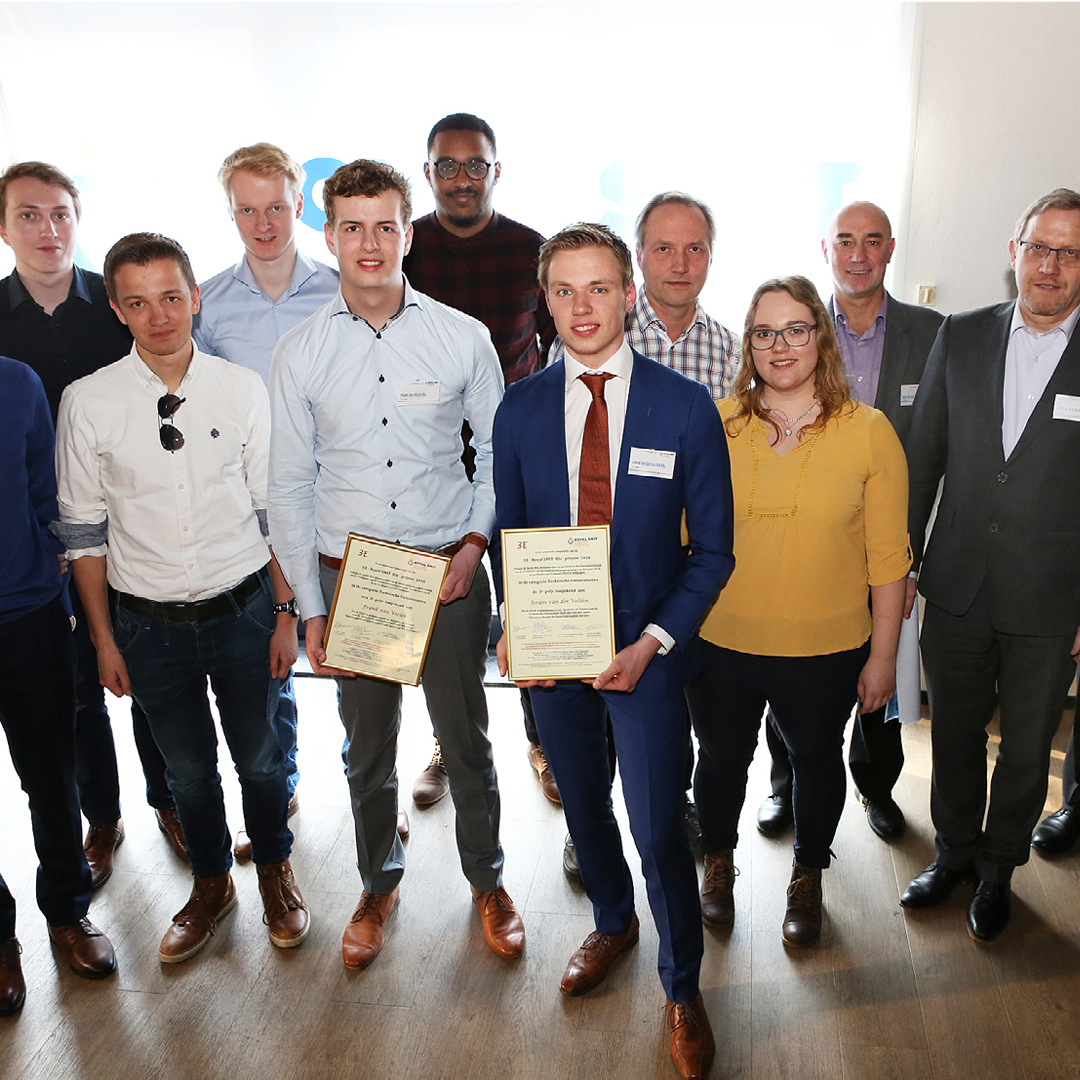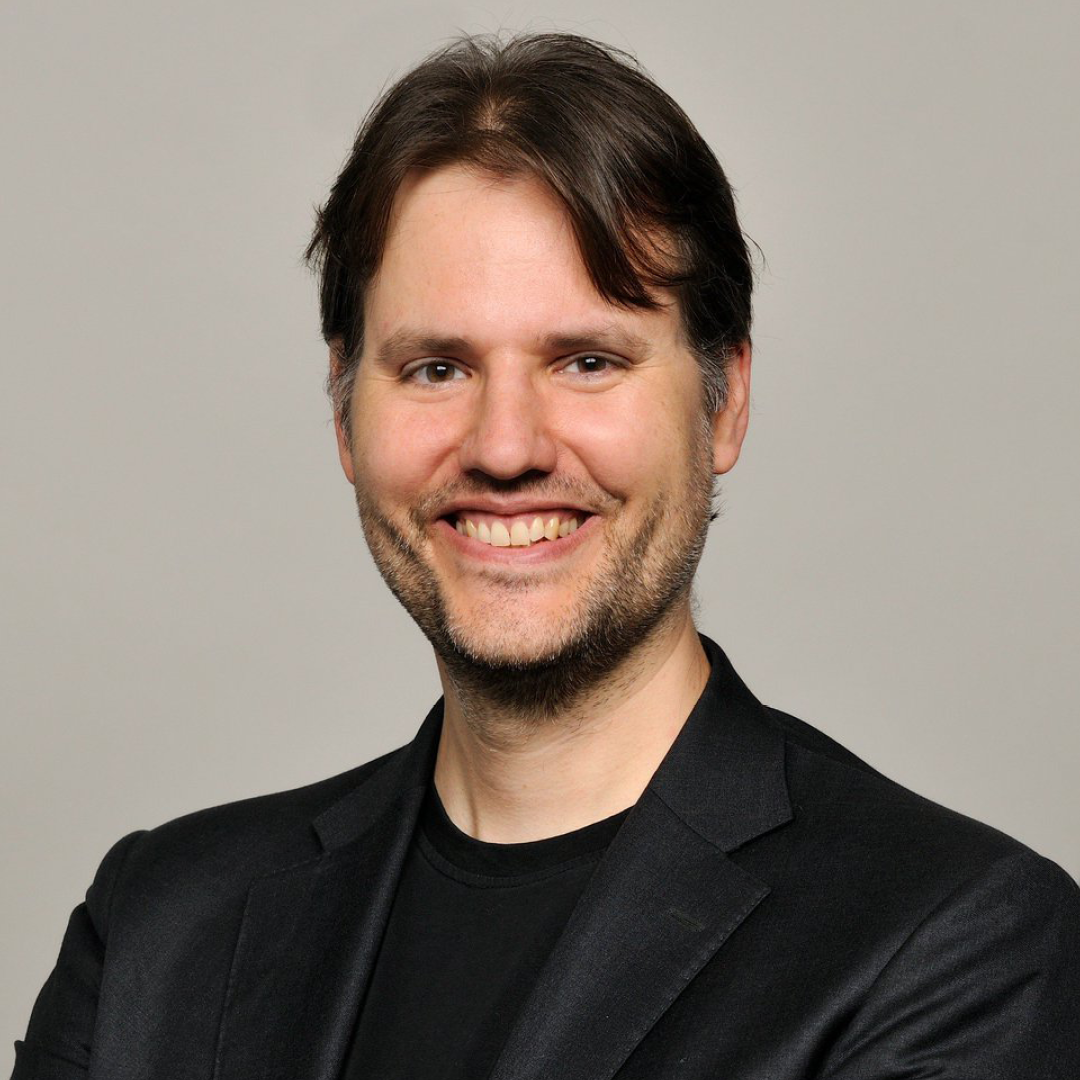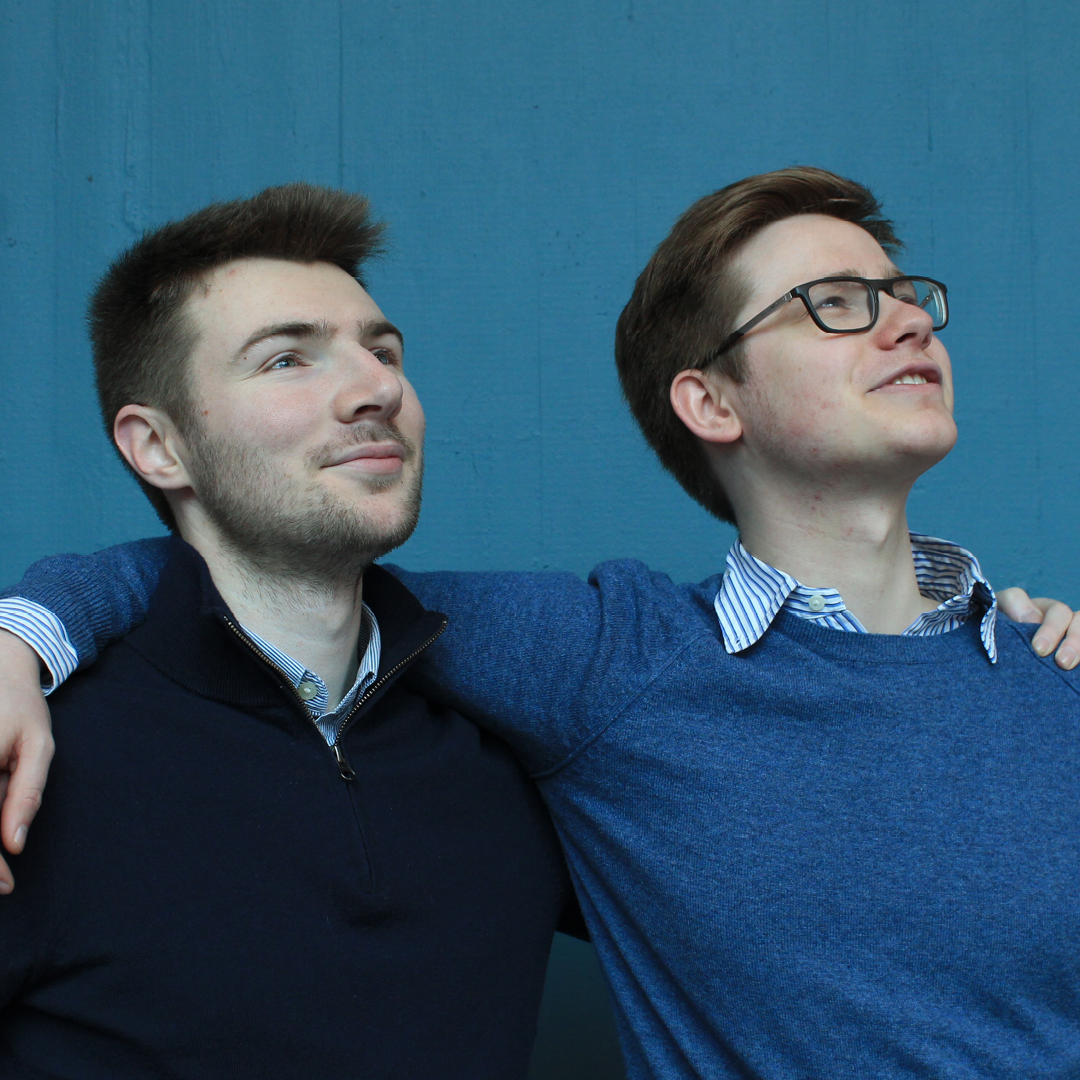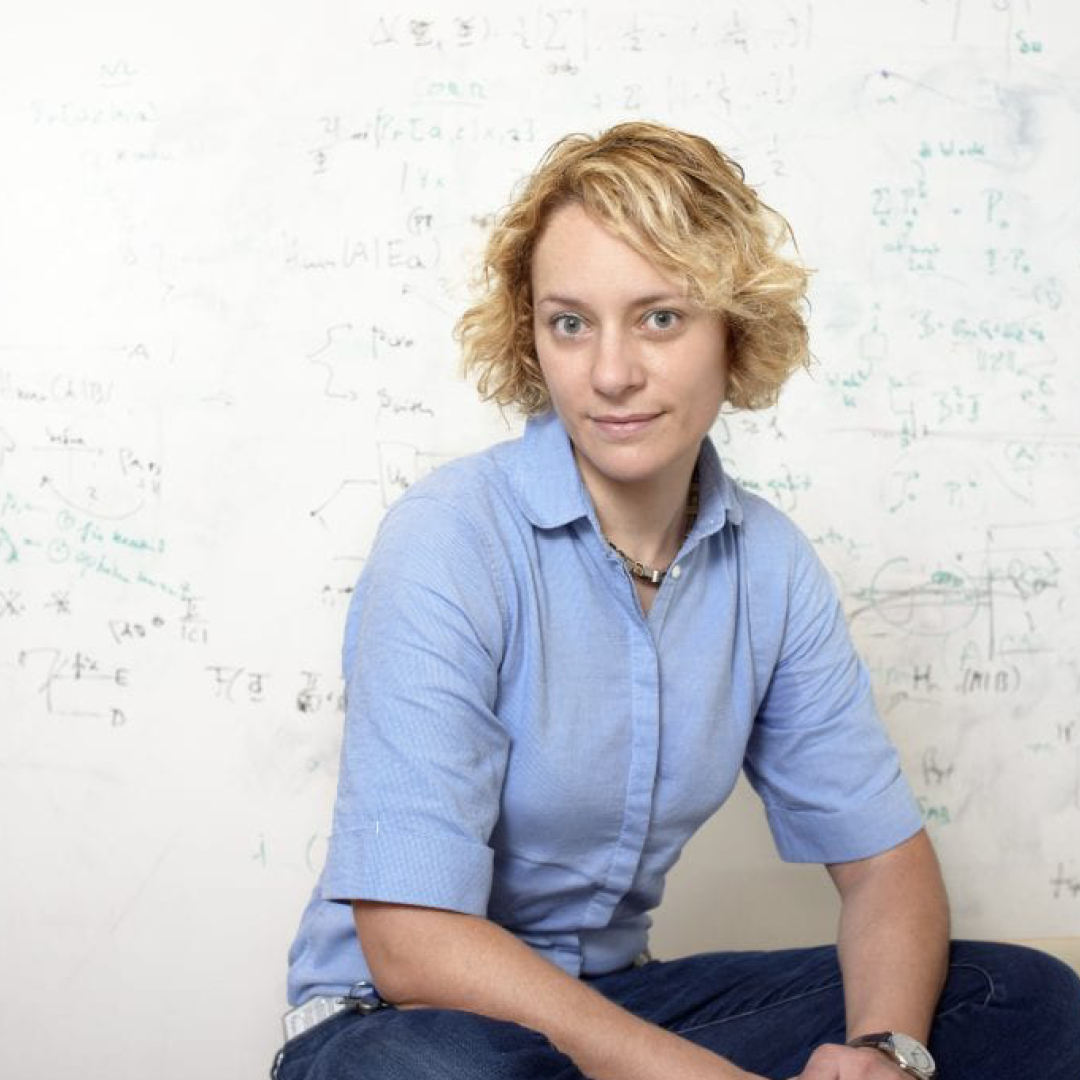EWInners - archive
2021
-
Young mathematicians Carolina Urzúa Torres and Kristin Kirchner have both received a NWO Veni grant for their promising research. Both of them will develop more efficient computational methods. For Maxwell's equations, which form the mathematical basis for dealing with electromagnetic radiation, and for evaluating large spatiotemporal datasets – that is, data that has been collected over time and space.
-
De NWO heeft steun toegekend aan het OTP-project 'FlexFloat', een gezamenlijk initiatief van EEMCS-wetenschappers Matthias Moller en Hugo Verhelst, en ME-wetenschappers Sebastian Schreier, Henk den Besten, Ido Akkerman, prof. Jerry Westerweel. Zij zullen samen computationele hulpmiddelen ontwikkelen voor de efficiënte hydro-elastische belasting en responsmodellering van zeer flexibele drijvende structuren. Het project zal worden uitgevoerd in samenwerking met partners uit de industrie (Heerema, HyET Solar) en onderzoeksinstituten (MARIN, TNO). Dit biedt een geweldige kans om de nieuwe IGA-softwarebibliotheek G+Smo (Geometry Plus Simulation Models) te gebruiken in een uitdagende real-world toepassing.
The Dutch NWO has granted support to the OTP project 'FlexFloat', a joint initiative between EEMCS scientists Matthias Moller and Hugo Verhelst, and ME scientists Sebastian Schreier, Henk den Besten, Ido Akkerman, Prof. Jerry Westerweel. They will together develop computational tools for the efficient hydroelastic loading and response modelling of very flexible floating structures. The project will be carried out in collaboration with partners from industry (Heerema, HyET Solar) and research institutes (MARIN, TNO). This will present a great opportunity to exploit the new IGA software library G+Smo (Geometry Plus Simulation Models) in a challenging real-world application.
-
Last December 15th the Huawei Belgium Research Center (BERC) held its yearly Analog/RF Student design contest. In the contest, ten students from the entire Benelux presented their previously published research to an audience consisting of Huawei managers and engineers.
Two PhD candidates proudly represented the Electronic Instrumentation Lab and both received an award. Thije Rooijers highlighted his novel technique to reduce intermodulation distortion (IMD) in chopper-stabilized amplifiers which received the Silver Prize (3rd award), while Arthur C. de Oliveira showed how the MEMS Coriolis sensors can be a promising alternative to MEMS Thermal flow sensors in microfluidic applications and got the Golden Prize (2nd award).
-
To investigate the optimal coordination of local energy sources, Pedro P. Vergara together with prof. Peter Palensky as principal investigator, have received a grant within the special Merian fund. This fund is a collaboration between the NWO and the NSFC. The research will be undertaken in collaboration with the renowned Tsinghua University and Zhejiang University.
Local energy sources ('LES'), such as solar panels on roofs, play an essential role in achieving the emission reduction targets for 2030. Not only in the Netherlands, but also in China. However, this decentralised generation of energy is not without its challenges: only by properly coordinating the generation and consumption of energy among all users is it possible to guarantee a safe energy supply at minimum cost. In this project, Pedro P. Vergara will investigate how different data sources, in combination with advanced AI and engineering methods, can contribute to the coordination of LESs. To this end, a new data-driven operational paradigm will be developed for LESs - from cyber-physical-social perspectives - with a special focus on DERs integration, LESs and green building flexibility exploring, and actor integration. Developments will integrate new system-theoretic data analytics models that build on all the LESs and green buildings data streams as well as in the already-established mathematical-based modelling.
-
For his valuable contributions to science and society, Marjan Popov has been elevated to an IEEE Fellow. This is one of the highest recognitions within the international society of electrical engineers. Over the past 17 years, Marjan has been conducting research in the field of protection of electricity grids. Power systems are subjected to numerous disturbances, which are classified according to their duration, making the protection schemes very complicated. Switching and lightning are two phenomena causing severe impact on transformers and power systems.
Some of the groundbreaking findings from Marjan's research are how the cable and circuit breaker influence the resonances occurring during transformer (de)energization. Marjan also proved that the frequency dependent impedance of soil significantly affects transformers, and is sometimes the reason for 'mysterious failures'. In his research, he also investigated how electromagnetic waves propagate differently in cables, transformers and in the ground, leading to severe oscillations which may damage the transformers.
The contribution of this research is utilized by network operators developing protection methods for transformers based on highly accurate modelling platform. Currently, with his team at the Power System Protection Centre, Marjan is investigating electromagnetic wave propagation in Dutch transmission/distribution system, which will be verified by field measurements.
-
PhD student Lizhou Wu (Quantum & Computer Engineering) has won the prestigious 'IEEE TTTC McCluskey Best Doctoral Thesis' award for his PhD research on systems testing, reliability, safety and validation of electronic circuits. He specifically investigated the emerging STT-MRAM technique, a form of computer memory based on minuscule rotating magnets instead of the traditional capacitors. The new STT-MRAM technique is very promising because it allows computers to use much less energy.
STT-MRAM is still under development, and reliable tests to see whether new parts have been made properly are therefore very important. In his research, with which he graduated Cum Laude, Lizhou showed that the usual tests often fail to detect unique errors. He subsequently developed a new testing technique that can reliably detect these errors. This significantly improves the quality of the commercially produced chips.
-
Francesco Fioranelli, Assistant Professor at the MS3 group, has received an Open Mind Grant as part of the Convergence Initiative between TU Delft, Erasmus MC and Erasmus University. The co-applicants were Caitlin Ramsey, PhD candidate at Erasmus MC (and former alumna of this department), and Lytske Bakker, PhD candidate at Erasmus University Rotterdam.
The proposal is entitled “Contactless monitoring of neonates in the intensive care unit”. The objective is to explore contactless measurements based on FMCW radar for monitoring key vital signs of neonates, by investigating technical feasibility, clinical reliability and cost effectiveness of the proposed techniques. It is a nice example of “convergence”, bringing together key expertise from all applicants to perform research that would be unfeasible in isolation. The ambition of the project is to start with a small pilot showing the feasibility and potential of the idea, to then build evidence and momentum to develop a new medical device.
Additional information can be found on the Symposium webpage which showcased the other funded Open Mind projects.
-
Last Interspeech conference Odette Scharenborg was appointed vice-president of the ISCA board, the international organisation for research on human speech recognition and speech technology.
Odette works on more inclusive speech recognition. She does fundamental research that will allow languages and groups for which there is relatively little speech data to more easily make use of the technology. Within ISCA, Odette is committed to involving a diverse group of scientists with the research field. To give an example: by bringing together computer scientists and language scientists, speech recognition software will eventually get better at recognising speech that sounds different from 'normal' speech. In this way she hopes to make speech recognition accessible to speakers with an accent or dialect, or a speech impediment. In this way, the power of speech recognition becomes accessible to everyone.
Valuable research with potentially great impact: computers with speech recognition are becoming an increasingly important part of our environment. Just think of Siri, Alexa or Cortana.
-
Prof. Georgios Smaragdakis (Cybersecurity group) and colleagues from UCL, Microsoft, Columbia University, and FORTH were awarded the Best paper award in ACM SIGCOMM 2021 for their paper: "Seven Years in the Life of Supergiants' off-nets." SIGCOMM is the most important academic conference in Internet Architecture and Networking. Today, more than 50% of Internet traffic originates from a small number of content providers, called Hypergiants, such as Google, Netflix, Facebook, and Akamai. To cope with the ever-growing demand, Hypergiants have installed servers deep inside residential networks. The award-winning paper provides the first generic and scalable method to discover and characterize these installations in networks around the globe. The study leverages massive public network scan data and analyses server certificates over the last seven years. The insights gained by this research shed new light on the developments and flow of traffic in the Internet. The artefacts of the work are made publicly available and are expected to help better model the Internet and better inform studies in different fields, including economics, statistics, engineering, and law.
-
The Electrical Sustainable Power Lab (ESP Lab) has been nominated for the NRP Gulden Feniks award for 2021. After making a selection from the 54 entries, the jury of experts visited the selected projects and then nominated eight projects. The ESP Lab is competing for this prestigious award along with the seven other nominees; they are among the very best examples of renovation and transformation projects. In order to achieve the climate targets, the Netherlands needs to generate more electricity using the sun and wind. The investment in this brand new laboratory is one step towards tackling this enormous challenge. It will allow us to prepare the Dutch electricity grid for the future.
-
The Electronics and Instrumentation Laboratory of our faculty has won three awards at a conference. The mission of the Electronic Instrumentation (EI) group is to realize smart sensor systems for the acquisition of data from physical, chemical and biomedical signals. This involves the design and fabrication of sensors, as well as of the precision analog and digital circuitry required to read them out. Roger Zamparette and Thije Rooijers both won a Best Poster Award. Efraim Eland was praised for his presentation. Both conferences (PRORISC and SAFE 2021) provide a networking forum for PhD researchers in respective fields to expand their network and discuss research ideas. Every year a technical university is responsible for the organisation.
-
The NWO Domain Board Science has approved seventeen grant applications in the Open Competition Domain Science-M programme. The themes vary from studying DNA repair machines and the investigation of cooperation between breeding birds to the mathematical study of the meaning of programming languages. One of the applications accepted is that of Yves van Gennip (DIAM). About his research: ‘Many optimization problems are solved via a gradient flow: finding a valley in a landscape by running downhill. Certain image processing and data classification applications take the form of a gradient flow on a network. The question is if these discrete methods are consistent when the amount of available data increases: do we find better approximations of some limiting solution, or does the behaviour of the methods change drastically? By establishing mathematically rigorous discrete-to-continuum limits of the discrete gradient flows that question can be answered, consistency can be established, and the methods can be better trusted to give reliable outcomes.’
-
During the IEEE PVSC conference, Andres discussed the relevance of the reverse characteristics of solar cells in the energy yield of partially shaded photovoltaic modules. ‘We characterized the reverse IV curves of commercially available cells and simulated the energy yield of photovoltaic modules using an experimentally validated simulation framework. Results suggest that cells with low breakdown voltages can boost the energy yield up to 74% in modules that are heavily shaded. Also, yield gains larger than 1% can be achieved for modules that are partially shaded only 7% of the time.’ The IEEE PVSC conference takes place every year and provides a unique opportunity to discuss PV related developments.
-
At the end of June the board of NWO Domain AES granted 6 research projects within the Open Technology Programme (OTP). The projects range from a quieter MRI scanner and solutions for traffic jams to smarter hearing aids. One of the projects receiving funding is that of Richard Hendriks (from the Microelectronics Department). The aim of this project is to allow someone with hearing difficulties to fully benefit from improved intelligibility and sound localisation. To make this possible, Richard's team develops an algorithm. Hearing loss is a partial or total inability to hear. Hearing loss may be present at birth or acquired at any time afterwards. A hearing loss of more than 20 decibels is the norm for impaired hearing. Incidentally, impaired hearing is not the same as deafness.
-
Alex Stefanov, researcher at Intelligent Electrical Power Grids (EEMCS), had received an important grant in the NWO's Energy System Integration programme. It will be used to continue his RESCUE project: Resilience and Cyber Security of Integrated Cyber-Physical Energy Systems. The aim of the project is to defend our energy net, that is becoming more and more digitalised, against possible cyber attacks. Alex aims to do so by developing new software, training net maintainers and by setting up new reaction strategies. To see if his theories hold up in practice, he testing his research in a special unit of the new Electrical Sustainable Powerlab (ESP Lab) of TU Delft.
-
Transitioning to sustainable sources of energy demands a lot of our energy networks: sustainable energy is often volatile, supplying the net with a unpredictable supply of energy. To that cause, Matthijs de Weerdt is researching new methods of more intensive network maintenance. His project, NextGenOpt: Next Generation Sector-Coupling Models for Optimal Investments and Operation, has been awarded an NWO grant within the Energy System Integration programme. This will allow him to continue his research, in which he helps several parties in making the right investment choices. He does so by developing more accurate models portraying the results of their decisions within this increasingly complex system. A big puzzle, that has never been solved before, and only accepts an accurate answer.
-
EWI professor Karen Aardal was appointed last week as a board member of the NWO Domain Science. This is one of the four unique NWO Domains that plan new financing programmes. The science domain covers many different scientific disciplines, such as geography, astronomy, chemistry, computer science, life sciences, physics and mathematics. As a professor at the Delft Institute of Applied Mathematics, Karen brings with her an enormous knowledge on the area of applied mathematics and theoretical computer science. In recent years her research was concerned with the algorithmic optimization of complex systems. Think for example problems arising in logistics, and of positioning of ambulances and trauma helicopters in The Netherlands and in Norway. Karen will fulfil her position as board member for three years, starting on the 1st of September.
-
PhD student Abhairaj Singh has received an IBM PhD Fellowship Award for the academic year 2021. Abhairaj's award-winning work in brief: emerging applications for Internet of Things devices – such as personalised healthcare, augmented reality and artificial intelligence – require vast computational power to be integrated into the device itself, but at only a fraction of the energy consumption attainable with current computer architectures. The conventional Von Neumann architecture fails to meet these requirements mainly due to the memory-processor data transfer bottleneck. The research of Abhairaj explores the potential of memristor-based computing-in-memory (CIM) to realize smart local computing by exploiting the inherent properties of the architecture and the physical characteristics of memristor. Memristors are tiny electronic components through which small electrical currents flow.
-
Last month PhD student Lőrinc Mészáros won the EuroGOOS Kostas Nittis Award, a yearly prize awarded to young researches doing promising research in oceanography. With the accompanying grant, Lőrinc will be able to continue his research on seawater quality, by developing algorithms that automatically analyse data, such as satellite photos or weather predictions. This will not only allow researchers to better understand the current affairs of our oceans, but will also make it possible to make more accurate predictions on future states. Specifically this latter application proves to be promising, and was lauded by the jury: it can play a vital role in managing changing climates, or in understanding the impact of human activities. Especially poorer coastal regions with less scientific research and available data are helped by Lőrinc’s research, as his algorithms can be deployed completely remote
-
A presentation by PhD student Ginger Egberts was chosen as the very best during an important international conference in the field of bioinformatics, computational biology and biomedical engineering. In her presentation, she discussed the research she is conducting together with scientists Fred Vermolen and Paul van Zuijlen. With them, Ginger works on mathematical models to predict contraction in burn scars. Contraction means that the muscle delivers force, but no movement. It is a process through which a permanent change in the position of a body part can occur. Think of a hand that remains in the shape of a claw. When a patient experiences a reduction in mobility, such as difficulty in getting dressed, this is called a contracture. Treatment of such a contracture usually consists of surgery. The research, which Ginger presented at the conference, looks at the applicability of a specific mathematical model and the sensitivity of the parameters.
-
At 26 April Professor Kees Vuik, expert in the field of numerical analysis, received a Royal Distinction. At the town hall of Capelle aan den IJssel, Vuik was appointed Officer in the Order of Orange Nassau – this honour is conferred on a person who has rendered outstanding service to the Dutch society. Because Vuik has not only meant a great deal to the Dutch society as a scientist: his humble, connecting and pro-active personality has touched the lives of many outside the campus. He was, for example, for years an active member of his church community, and as local treasurer he played an important role for the Dutch Cancer Society. As a scientist, Vuik has made great and integral efforts in developing the Delft High-Performance Computing Centre.
-
The European Union has awarded TU Delft researcher Piet Van Mieghem an ERC Advanced Grant. This grant, worth 2.5 million euros, was established to encourage groundbreaking, high-risk research and is mainly awarded to academics who have a significant track record of research within their own field. Van Mieghem is aiming to use the subsidy to further research the spread of the coronavirus, especially in Europa. Carefully analysis of past spreads has revealed that the current pandemic does not seem to fit with the current standard models of network sciences. This means that the calculations that are currently used in predicting the pandemic are generating false results. By solving these problems, Van Mieghem’s research will thus play a vital role in managing an minimising future pandemics.
-
Although interaction between science and society is of enormous importance, science communication is still far from being recognised as integral to the tasks of science. The pilot fund ‘Science communication by scientists: Appreciated!’ – set up by the Dutch Ministry of Education, Culture and Science and administered by the Academy – takes a step towards showcasing and rewarding the many scientists who have dedicated themselves to science communication. A total of 96 applications have been submitted by 62 faculties, with all Dutch universities participating. Of these, 91 have been awarded funding. Each team has received € 10,000. At several faculties, the communicative efforts of (groups of) scientists around a particular topic have been appreciated. Two applications from the Faculty of EEMCS were accepted: the proposal by 1) Natasja de Groot and the proposal by 2) Marieke Kootte, Neil Budko and Theresia van Essen.
-
Over the next few years, Amsterdam Southeast will be serving as a test location for an innovative new neighbourhood energy platform. The platform is aimed at allowing local electricity grids to be managed intelligently in areas like Amsterdam Southeast where a lot of development is expected in the future. Part of the Southeast region of Amsterdam will be used to develop an initial simulation for the neighbourhood energy platform. This will be done to simulate all energy flows, relevant buildings and energy infrastructure. Thereafter, things like charging terminals, solar panels, new-builds, existing buildings and heat pumps in the platform will be inter-connected within the simulation, in order to research how energy can be distributed and exchanged in an intelligent manner. If the study demonstrates the effectiveness of the platform, it can be implemented in Southeast as well as other urban areas. A subsidy was awarded by the Netherlands Enterprise Agency, and co-financing was provided by the Municipality of Amsterdam and other parties, so the neighbourhood energy platform could be developed. From our faculty, scientists Peter Palenksy and Arjen van der Meer, among others, are involved.
-
The increasing number of heat pumps, electric cars and solar panels in the built environment poses major challenges, such as the prevention of overload in the regional (and national) electricity system. However, increased use and development of these technologies also offers opportunities to deploy smart flexibility services in the built environment on a large scale. For example, by charging electric cars at night rather than during the daytime, when the electricity grid is much more heavily utilized. Heat pumps can also offer flexibility. The use of flexibility is often mentioned as an alternative to grid reinforcement. To determine how realistic this is, GO-e develops calculation tools and methodologies with which regional grid operators can make substantiated decisions about whether, when, where and how flexibility can be used to prevent overloading of the electricity grid. The newly formed GO-e (Built Environment Electrification) Consortium was recently awarded a grant of 5.7 million euros and will run until early 2024. The GO-e consortium includes EEMCS scientists Peter Palenksy and Arjen van der Meer.
-
Tiago was recently awarded a Human Frontier Science Program (HFSP) grant. The HFSP supports fundamental research that applies novel and interdisciplinary approaches to understand biological problems. In addition, the HFSP supports science that extends beyond national borders, bringing together different disciplines. Successful applications are (potentially) groundbreaking and contain a line of research that is different from all current research. To make it even more concrete: Tiago has been awarded an Early Career grant. This grant is for teams of researchers who are all within 5 years of establishing an independent laboratory and within 10 years of obtaining their PhDs.
-
Alexandru Christian Neagu & Jinhan Ba have won the 3 E-Royal SMIT BSc prize. This prize is awarded annually by the so-called Stichting 3 E. Under the guidance of José Rueda Torres, Alexandru and Jinhan wrote the prize-winning thesis. An (English) summary of the thesis: ‘The goal of this graduation project was to design a state-of-the-art central farm controller. The designed central farm controller distinguishes itself from prevailing controllers by including a subsystem (the optimisation unit) that contributes to an improvement in power transmission efficiency, decrease in maintenance costs and an increase in system reliability/robustness. This thesis describes the design process of the optimisation unit and the verification of its feasibility.’ The 3 E Field comprises Electrical Energy Engineering and Electricity Supply technology (including generation, transport, distribution, smart systems, environmentally friendly techniques and technical-economic optimization for electricity supply and utilization).
-
Innovative energy transition research receives a grant from the Dutch Research Council NWO. Different scientists will link artificial intelligence research to innovation in legislation and regulation to accelerate the energy transition. Among the researchers are José Rueda Torres & Mart van der Meijden (Intelligent Electrical Power Grids Group). MEGAMIND focuses on the so-called edges of the electricity system: the distribution networks and the electricity producing and consuming devices connected to them. The program aims to lift the mutual stranglehold between technology and regulation. If laws and regulations lag behind technological developments, they inhibit the innovation needed for sustainability, and vice versa.
-
The Association for Advancement of Artificial Intelligence (AAAI) announced nine new Senior Member Honorees. One of the people appointed as a Senior Member is EEMCS scientist Neil Yorke-Smith. Senior Member status is designed to recognize AAAI members who have achieved significant accomplishments within the field of artificial intelligence. To be eligible for nomination for Senior Member, candidates must be consecutive members of AAAI for at least five years and have been active in the professional arena for at least ten years, and they must demonstrate achievements in scholarship, leadership, and/or professional service. Founded in 1979, the AAAI is a nonprofit scientific society devoted to advancing the scientific understanding of the mechanisms underlying thought and intelligent behavior and their embodiment in machines.
-
Geert Leus recently won an important award in the field of signal processing, the so-called Technical Achievement Award. The award ceremony took place during the EUSIPCO conference. During this conference the latest technological developments in the field of signal processing are discussed. With impact on computer vision, speech processing, artificial intelligence and machine learning to name a few.
-
Aleksandra Lekić has received the best paper award for 2020 in the International Journal of Circuit Theory and Applications. In this paper, Aleksandra and her colleagues present a novel nonlinear model predictive control (NMPC) formulation for the transient control of a DC‐DC converter. They demonstrate that a real‐time implementation of the proposed NMPC scheme using the PANOC solver can be efficiently applied to control DC‐DC converters in the microsecond range.
-
How can we reduce local congestion in the electricity grid, while offering national energy markets more flexibility? The energy transition will present our electricity system with some unique challenges in the future. Starting on 1 April 2021, partners in Utrecht, Arnhem and Delft will join together in the ROBUST project to build a robust, flexible and future-proof electricity system for entire urban regions. One important pillar of the project will involve bi-directional charging for electric cars. ROBUST was awarded 3.3 million euros. From EEMCS, Simon Tindemans and Peter Palensky are involved.
-
Eelco Visser recently received the Most Influential OOPSLA Paper Award. The OOPSLA is an annual conference on topics related to object-oriented programming systems, languages and applications. The papers are judged on the basis of the influence they have had over the past ten years. Visser's paper is about Spoofax, a platform that allows you to build your own programming language. In this post, Visser reconstructs how the paper originated. He also looks back at the first version of the Spoofax system, and explains how Spoofax (and all the research that has resulted from it) has developed since 2010.
-
Taico Aerts has won the VERSEN Master Thesis Award. VERSEN is the Dutch National Association for Software Engineering. Its mission is to bring together researchers, educators and practitioners in the field of software engineering in The Netherlands. Taico's master's thesis was about Statix, a language which generates a type checker from a declarative specification. However, Statix is not fast enough for quick feedback in IDEs because it always has to reanalyze all files. In his thesis, Taico improves the analysis time of Statix by applying the ideas of separate compilation to create a model for incremental analysis.
-
During the 2021 International Solid-State Circuit Conference (ISSCC), researchers at QuTech and the Faculty of EEMCS of TU Delft were awarded the ISSCC 2020 Jan Van Vessem Award for Outstanding European Paper. Since 1954, ISSCC is the premiere conference to present academic and industrial advances in integrated circuit with more than 3000 yearly attendees. At last year’s ISSCC, the researchers presented the design of an integrated circuit able to operate at extremely low temperatures while controlling qubits. This breakthrough brings us closer to realize large-scale quantum computers, which will solve problems intractable by even the most powerful supercomputers.
-
The Dutch Ministry of Economic Affairs and Climate Policy has allocated 5.7 million euro to FLEXINet. In the upcoming years, the FLEXINet consortium will develop hybrid energy storage systems – capable of storing both heat and electricity. Pavol Bauer, professor at TU Delft and project leader and coordinator: ‘The aim of FLEXINet is a system that accelerates the energy transition. We hope to make a substantial contribution to reaching climate targets by cleverly combining various techniques – think of blending recycled batteries with flexible heat pumps and the charging of electric cars.’

-
That reefs are dying worldwide is well known, but can we prevent it? With that question in mind EEMCS student Yohan Runhaar and his team of TU Delft students went to work during the Hackathon back in July. Less than half a year later their company, Reef Support, won the prestigious prize during the Online Space Awards as part of the European Space Week 2020.
-
The Young Academy has appointed ten new members, of which EEMCS scientist Cynthia Liem. The organisation has fifty members total. Every year ten members make place for ten new scientists. Within the organization Liem wants to improve digital literacy and make data driven science and decision making more accessible to a broader audience.
-
Emerging applications for Internet of Things devices – such as personalised healthcare, augmented reality and artificial intelligence – require vast computational power to be integrated into the device itself, but at only a fraction of the energy consumption attainable with current computer architectures. Researchers of the MNEMOSENE project# provided a proof-of-concept of an ultra-low power Computation-in-Memory architecture – a feat for which overall project leader Professor Said Hamdioui was recently presented the prestigious European Union ECS Innovation Award 2020.
-
Innatera is a deep tech spin-off of Delft University of Technology and is part of Delft Enterprises portfolio of innovative companies. Dutch neuromorphic processor company Innatera Nanosystems has raised 5 million Euros to bring its brain-inspired processing technology to sensors and sensor-based devices.
-
November 30 2020 | Zhiyi Chen and Jim van der Ven | Young Talent Award |
EEMCS students Chen (Computer science) and van der Ven (Mathematics) have both won a Young Talent Award. This prize is award annually to students that have exhibited extraordinary talents and have the best grades. Apart from the honour of winning, the students also receive a monetary prize of €500.
-
Team ZED has won the Dutch 4TU Impact Challenge and goes to the World Expo in Dubai. The start-up from the Delft University of Technology designs a B2B IoT solutions provider, which enables companies to harness the potential of wireless 'batteryless' applications. This way a broad range of products can become both smaller and cheaper.
-
During the TU Delft Best Graduate Award Ceremony 2020, eight recently graduated engineers presented their research and results of their excellent master thesis. Andreadis received the prestigious title TU Delft Best Graduate 2020. Georgios researched the capacity planning of data centers. Thanks to his research, these data centers may continue to meet the ever-growing computational demands while reducing their operational costs and increasing their efficiency and environmental sustainability.
-
The team Automatoes has won the Greenhouse Challenge. The team managed, with the use of artificial intelligence (AI), in a fully automated greenhouse, to grow not only the best tomatoes in terms of quality, but also managed to do it in the most sustainable way. With these techniques the team managed to beat professional growers.

-
Dubbeldam has received an NWO KLEIN award for his research on cancer treatment with the help of the development of a new mathematical model. By combining game theory and the theory of dynamic systems, and taking evolutionary traits of cancer cells into account, it will be possible to create treatment plans tailored per patient.

-
Van der Meulen received an ENW KLEIN grant for his research in longitudinal data analysis. The goal of van der Meulen’s research is the development of Bayesian statistical methods for longitudinal data. KLEIN grants are meant for fundamental, innovative and high quality research.

-
Beste paper award DATE 2020 | Students win the Best Paper Award during the 2020 DATE conference with their work titled: Impact of Magnetic Coupling and Density on STT-MRAM Performance. This research is the result of a successful cooperation between QCE and EEMCS. The winning paper was selected out of a 194 total submissions.

-
During the 2020 DATE conference the outstanding dissertation award was given to the best dissertation from 2019. The award consists of a certificate and a monetary prize of €1000. Agabo won this prize with his research titled: Reliability Modeling and Mitigation for Embedded Memories.
-
Terhal is appointed as a KNAW member. She is connected to the Faculty of EEMCS and the research institute QuTech as a professor in Quantum computing. She is an authority when it comes to quantum information theory. She promoted in 1999, first in the country, on quantum mathematics. Terhal is currently an international expert when it comes to quantum error correction, a research domain that is crucial for building trustworthy quantum computers.

-
The IEEE SSCS has awarded the Predoctoral Achievement Award to twenty promising candidates. The candidates are selected based on their academic accomplishments, quality, amount of publications and how fitting their dissertation topic is with the organization. Two of these candidates are EEMCS students: Bishnu Patra and Sining Pan.

-
Sitaldin, together with his research group, has won the 3E foundation BSc Award for their thesis. The group researched the design of a drone on solar energy. Their new system allows for longer battery life and thus longer flight times.

-
The IEEE annually recognizes an exceptional world-wide contribution in the field of electro- and information technology. This recognition is shown by awarding the prestigious IEEE O. Pederson Award. This year Bult has managed to claim this prize, for his leadership in the field of embedded analogue and mixed signals in integrated circuits. His designs on this topic have a significant economic and societal impact.

-
The project titled: Optimization for and with Machine Learning (OPTIMAL) has received an NWO Groot grant. Together with colleagues two EEMCS scientists, Aardal and van Iersel, are involved. The researchers want to better understand existing optimization techniques for machine learning, to eventually use that knowledge to develop improved techniques. These techniques will then be used to solve optimization problems faster and more accurate in for instance society.
-
The Stieltjes prize is annually awarded to the best mathematical thesis of the last academic year. The winner will be chosen by a jury consisting of prominent mathematicians. This year the honour of winning, together with a monetary prize, will go to Yaroslavtsev. His research was supervised by Jan van Neerven and Mark Veraar. Yaroslavtsev’s thesis covered the crossroads between the mathematical topics: probability theory and analysis.
-
Cesar receives the prize for is research on modelling and steering of complex media-object collections (a configuration of real-time media and sensor data described in time and space). De jury praised Cesar for his impressive scientific accomplishment and his ability to convey his research in a comprehensive way. Because of this he reaches and excites a wide audience, even those who are not experts in the field.
-
Sovereignity4Europe, an interdisciplinary project proposal, wants to evaluate the principles of ‘Internet-of-Trust’ in an online community of 50.000 internet users. To do this the proposal received €3,3 million as financial support. TU Delft wants, together with Erasmus University Rotterdam, The University of Amsterdam and other parties, to design an internet based system that saves transactions in a blockchain in a confidential manner and conform European law. They want to achieve this by using insights gained from fields such as computer science, law and economics.
-
The European Laboratory for Learning and Intelligent Systems (ELLIS) is a European wide initiative that was conceived in 2018 in order to further top quality research regarding machine learning and related research topics. ELLIS has selected TU Delft as one of their units for excellent European research regarding artificial intelligence (AI) and machine learning. The unit consists of top researchers that work on fundamental challenges in AI, with their focus on excellence in their research and societal impact.

-
NWO announced that the NEON consortium will receive a crossover subsidy consisting of €8,5 million for innovation that can accelerate the energy transition. Four Delft ‘principal investigators’ in total are involved with the NEON project. Together with their Aerospace engineering colleague Rolan Schmehl, EEMCS scientists Pavol Bauer, Gautham Ram and Thiago Batista fulfil this role. The consortium focusses on developing new methods and techniques to expedite the energy transition.

-
A new subsidy is granted to the HollandPTC and R&D consortium. The different projects that are part of this consortium consists of multiple centres. EEMCS scientist Ana Vilanova is involved with the research program that focusses on the development, implementation and evolution of human focused artificial intelligence (AI), and human-machine-interactions for efficient and high quality determination of the outline of head and neck tumours.

-
Van Iersel has received an EWN KLEIN grant. This grant is only given to research that is both fundamental in nature and of high quality. Van Iersel examines problems in network constructions, specifically in the field of phylogenetics. Phylogenetics is the field in which people look at the evolutionary history and connections between organisms. These connections are presented in a tree structure. Van Iersel tries to find problems in the tree structure of organism in order to improve the process.

-
Tuhin Das and Gabriëlle Zwaneveld have received the Young Talent Incentive Award. The award consists of €500 in prize money and is meant for students that got the best grades in their first year. The prize is awarded annually by the KNAW.

-
During the 26th edition of the International Mathematics Competition (ICM), Gabriel Visser managed to win gold. During the two days the competition lasted, participants had to showcase their mathematical talents by completing different assignments. The assignments were focused on themes such as analysis, linear algebra and combinatorics.

-
NWO has announced their new gravity grants, worth €113 million. The TU Delft is participating in three of the six new programs. These programs deal with Neurological research, artificial intelligence and ethics surrounding disruptive technology.
Hybrid Intelligence (HI) combines humans and artificial intelligence (AI). in this program Jonker will develop theoretical and practical methods for intelligent systems that work together with humans. Ethical and legal implications are the main focus during the development of these HI systems. The challenge in this program is finding an answer to the following question: how can we built adaptable intelligent systems that enhance human intelligence instead of replace them, and how can these systems enhance our strongpoints while compensating for our weak points?
New technological advancements are popping up everywhere, with the potential to initiate big changes on a social, cultural and economic level. They invoke complicated moral cases that need careful ethical reflection. During this program Jonker will develop new methods that are necessary to better understand the development and implementation of the new generation of disruptive technologies. This will lead to a better moral evaluation, which in turn will lead to fitting interventions, when needed.
Lelieveldt and Reinders work on Brainscapes. They develop new analytical and experimental tools to study the influence of risk group genes on the functioning of certain cells. In order to do so they need to go through immense amounts of data, named Brainscape. This data forms a detailed periodic system of brain cells and answers the question of which different kinds of brain cells there are and which genes control them. Eventually this will provide new insights that can be used to develop new treatments.

-
The NWO has appointed a Veni grant, with a maximum worth of €250.000, to two EEMCS scientists. The Veni offers young promising scientists the opportunity to develop their ideas for the next three years.
Bach-Poulsen’s research is titled Composable en Safe-by-Construction programmeren van taaldefinities. Typed languages are essential tools in order to develop robust software, because they guarantee the absence of certain mistakes. However, the complexity of redefining and composing typed languages hinders language innovation and improvement. This research project aims to lessen that complexity.
The research of Babaie is titled: Energiezuinige, mm-formaat radiofrequentiezendontvangers voor Internet-der-dingen toepassingen (PaTRIOT). Miniaturisation of wireless implantable medical device scan play a crucial role in medical care. The size of the current devices is currently limited by off-chip crystal oscillators. This proposal introduces a new digital intensive solution to break through that barrier and will make fully integrated implantable radio’s possible.
-
EWI alumnus Chen won the Else Kooi Award in 2019 for his work on chips meant for 3D miniature echo probes. Chen’s PhD-work was a multidisciplinary project touching on two topics: electronics and ultrasound. The goal of his work is to create two small echoprobes for 3D medical imaging. Chen has designed special chips that connect probes with ultrasound devices, and it can digitize signals for a better image quality with less cables.
-
The Zero Heroes convinced the jury with their idea of a completely batteryless and wireless sensor system that measures the behaviour of passengers. With this system the cabin crew can for instance see who still needs to put their chair upright or has to fasten their seatbelt. This system also makes cables redundant, which in its turn will ensure the plane needs less maintenance and will use less fuel. The jury praised the simplicity and technical applicability of the design.

-
The NWO has awarded a Vidi grant to three EEMCS scientists. Every scientist receives a maximum of €800.000.
Caspers’ research examines operational algebra’s. These give the mathematical description of quantummechanical observables like the place and impulses of small particles. In the research techniques developed from harmonics analysis are further developed to better understand these quantum systems.
Van Gemert examines deep learning. Deep learning makes a computer able to learn by itself by pulling information from big, expensive datasets. Van Gemert is planning to provide deep learning with pre-existing knowledge: ‘whatever you already know, you no longer have to learn, that saves trainings data.’
Verwer will look into how we analyse huge amounts of data, so-called software logs. He is going to develop an algorithm that is able to clarify these large amounts of data.

-
The Computer Graphics and Visualization department has won both first and second place on the 40th annual congress of the European association for computer graphics. For the first prize the department developed new algorithms and visual analysis strategies for the exploration of large single cell datasets in a way that wasn’t possible before. For the second prize the department used a 3D model based technique to visualize the anatomy of individual patients that aren’t visible from current imaging (e.g. certain nerves). The visualization strategies make it possible to explore risky areas for surgeons before they execute their procedure.
-
Zeman, EEMCS professor Photovoltaic Materials and Devices, has been knighted. Zeman received this award for his extensive scientific contribution to sustainable energy supply, which is a topic with a big societal impact. Zeman is an internationally recognized expert in sustainable energy. He has done ground breaking research on optic and electrical modelling of solar cells.
-
Central to the paper by Gijswijt is Set, a game consisting of 81 cards, every card has four properties that make every card unique: amount, colour, form and content. The goal of the game is to collect as many sets of three. By utilizing this game Gijswijt, together with Jordan Ellenberg, has made a breakthrough in the so called Cap Set problem.
-
Van der Velden has won the 3E-Royal Smit Bachelor Award for electrical engineering. In his project van der Velden developed a wireless charging system for handheld devices with low power. The challenge was to reach a high efficiency with a small power handover. The eventual coil-to-coil efficiency was 92.2%. The overall efficiency almost reached 70%.

-
The second prize for the IEEE industry Applications Society (IAS) Thesis Award, was awarded to Venugopal, with his research titled: Magnetic Energy Transfer in Roads. His research was supervised by Pavol Bauer and Braham Ferreira. The IEEE IAS Thesis competition is meant to give the best up and coming academic works, that focus on industrial applications in society, a spotlight.
-
Eisemann has received this award for his research into the accurate, detailed depiction of visualisations using modern graphics hardware. Not only did Eisemann receive a monetary prize worth €50.000, but he and NWO will also publish an academic poster with an explanation of his research and why it is so important. This poster will be shown at high schools, universities and other educational institutions.
-
In their research Bernstein and Geurtz evaluated the two organizational structures within artificial intelligence. They tested the reaction on a more top-down model (hierarchy, one boss) and the reaction on a more market based model (one agent sells tasks, so every other agents decides for themselves what to do). They used the game StarCraft for their research. The game turned out to be the ideal experimental environment. Their paper was accepted by AAMAS, one of the most prominent conferences when it comes to artificial intelligence.

-
Five TU Delft scientists received, from the NWO, a Vici grant worth €1,5 million. One of those scientists is EEMCS researcher Andy Zaidman. He received the person specific grant for the development of the innovative research line Testshift. Testshift will examine how the dynamics within a software team influence the test culture. Both in general and in specific areas.

-
The Micro Electronics (ME) department has decided to co-finance three PhD positions in order to strengthen their research themes. ME has been redefining the department for some time now. They did this around the following themes: Health & Wellbeing, XG, Safety & Security and Autonomous Systems. These themes are meant to forge a connection between technology and practical application. The researchers that received this grant are: Massimo Mastrangeli, Virgilio Valente, Bori Hunyadi, Akira Endo and Sten Vollebregt.

-
Valente received a Health Prototype Grant worth €10.000, provided by the Delft Health Initiative. Valente received this grant for his proposal on Lab-on-CMOS and Organs-on-a-Chip (OoC). OoC systems represent the new border in biomedical engineering. They are meant to reproduce an imitate important aspects of organs. OoC’s are part of an important revolution in the development of future medical treatments and medical drugs. They offer an essential alternative for conventional cell cultures and animal models.

-
Zamalloa is looking for a way to have wireless communication with light. In the same way you can use mirrors to reflect light, other objects can do the same. The research focusses on the adjustment of reflective properties of different objects. In doing so, different reflecting objects can then be used to send different kinds of information.
Van Gemert researches pixel-free deep learning. Currently, artificial intelligence (AI) networks are dependent on the resolution of the images in the dataset. When the resolution changes, the architecture of the network changes as well. Van Gemert finds that a thing of the past, and therefore wants to introduce and develop pixel-free learning in deep learning. This can lead to more flexible models.
Wang examines the spread of contagion. This phenomenon occurs between social networks. When these networks engage they exchange and spread information. The actions of a user in network A can affect users in network B. Wang’s goal is to discover the mechanisms that are part of this contagion and eventually capture them in a model.
